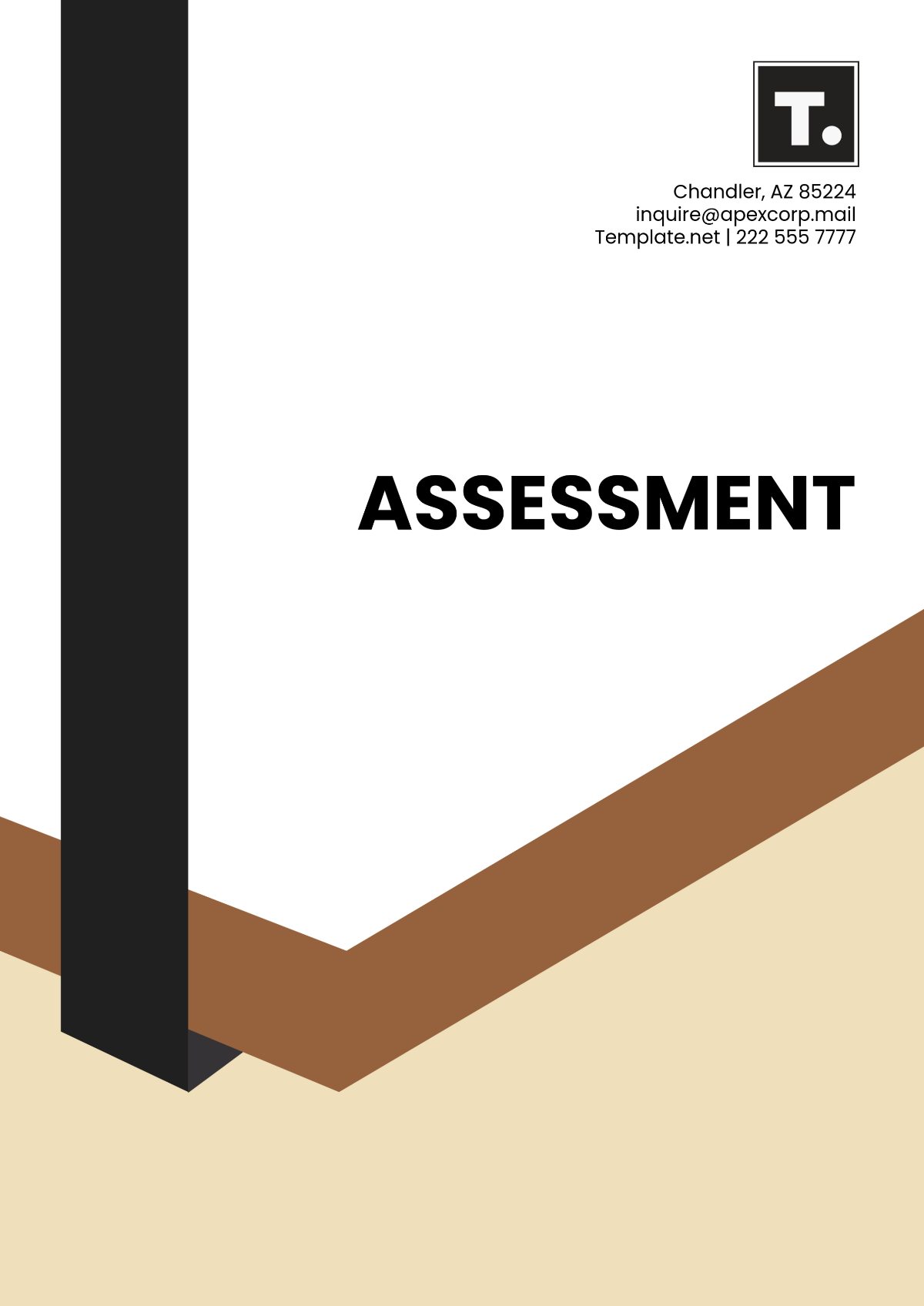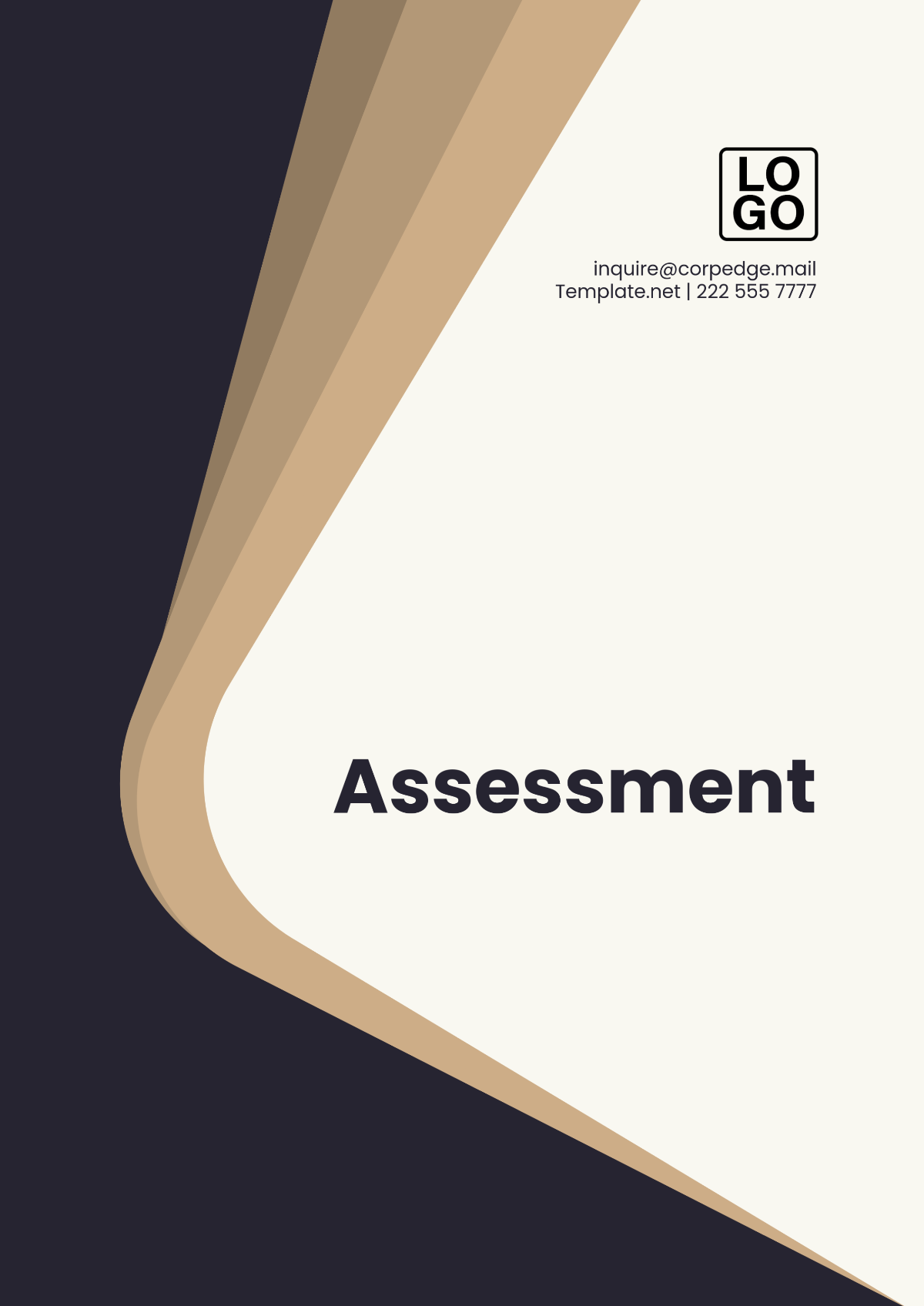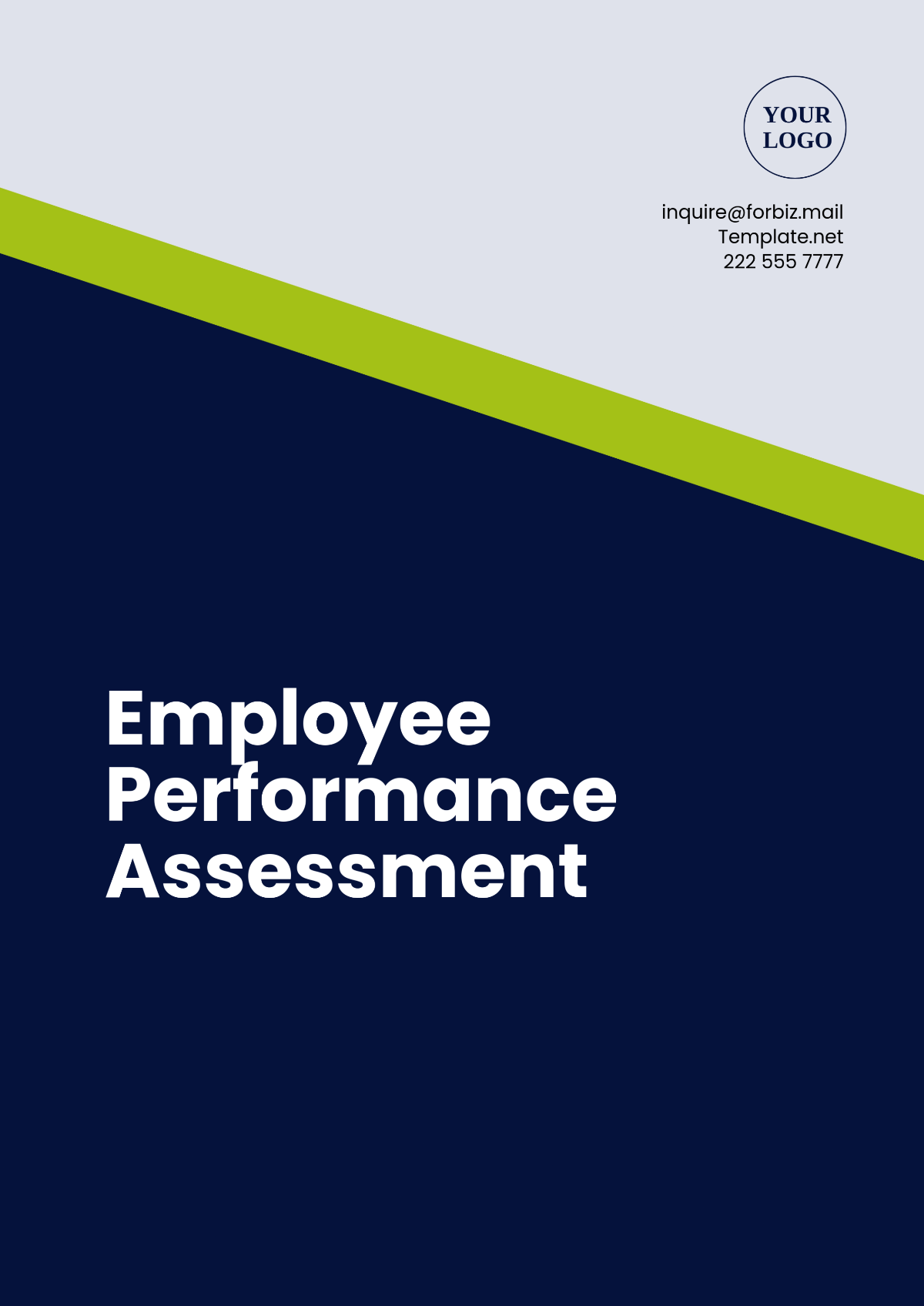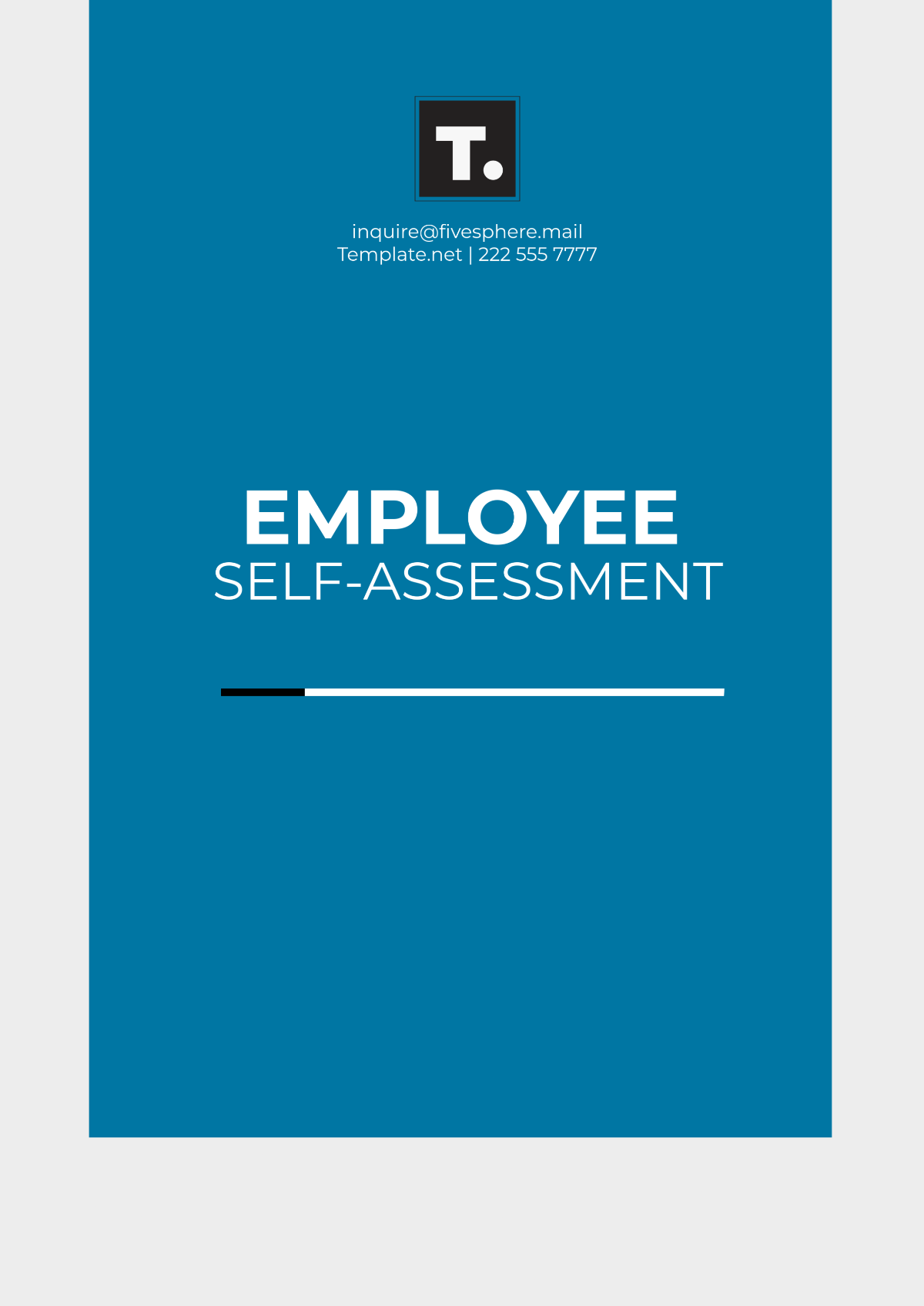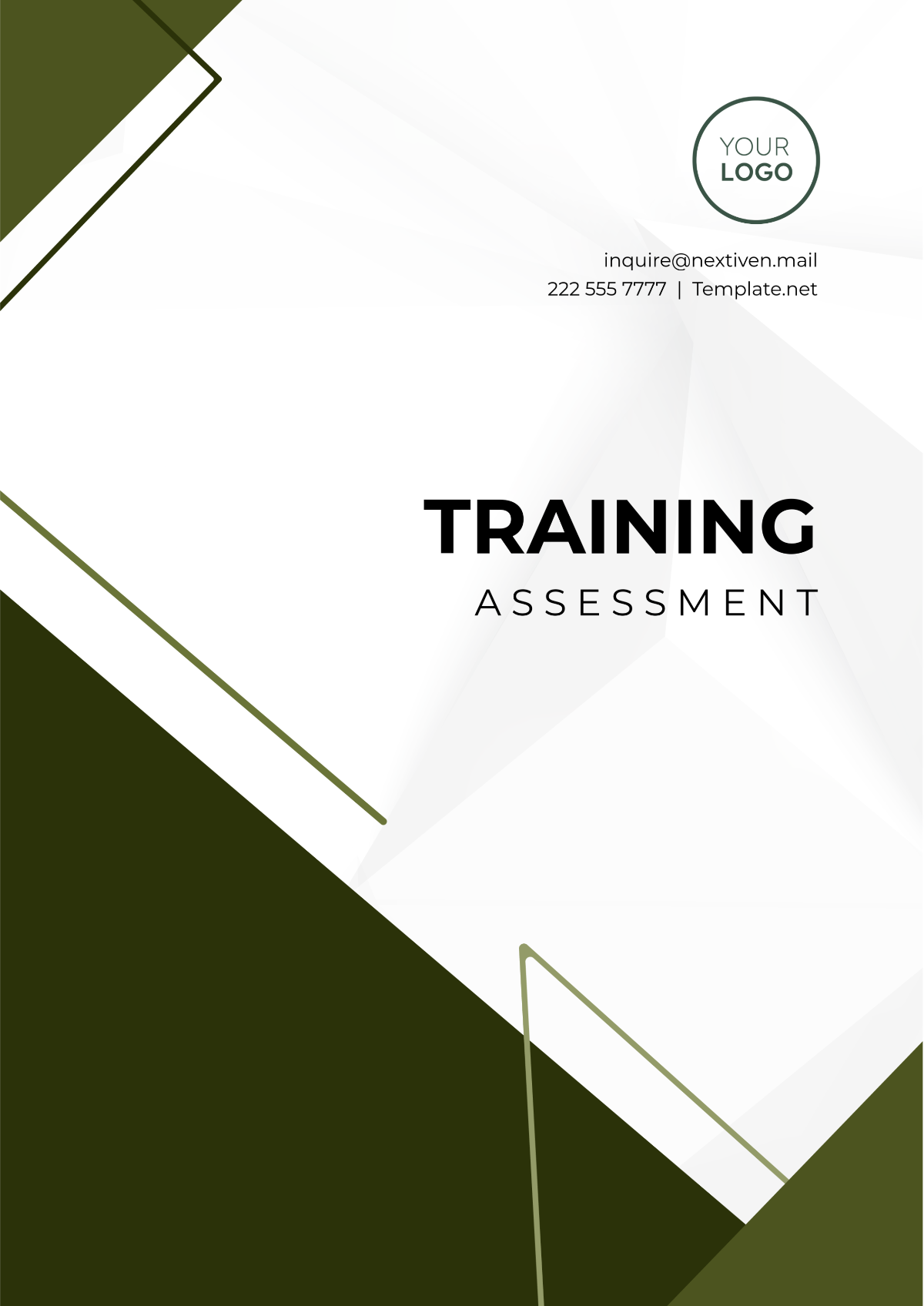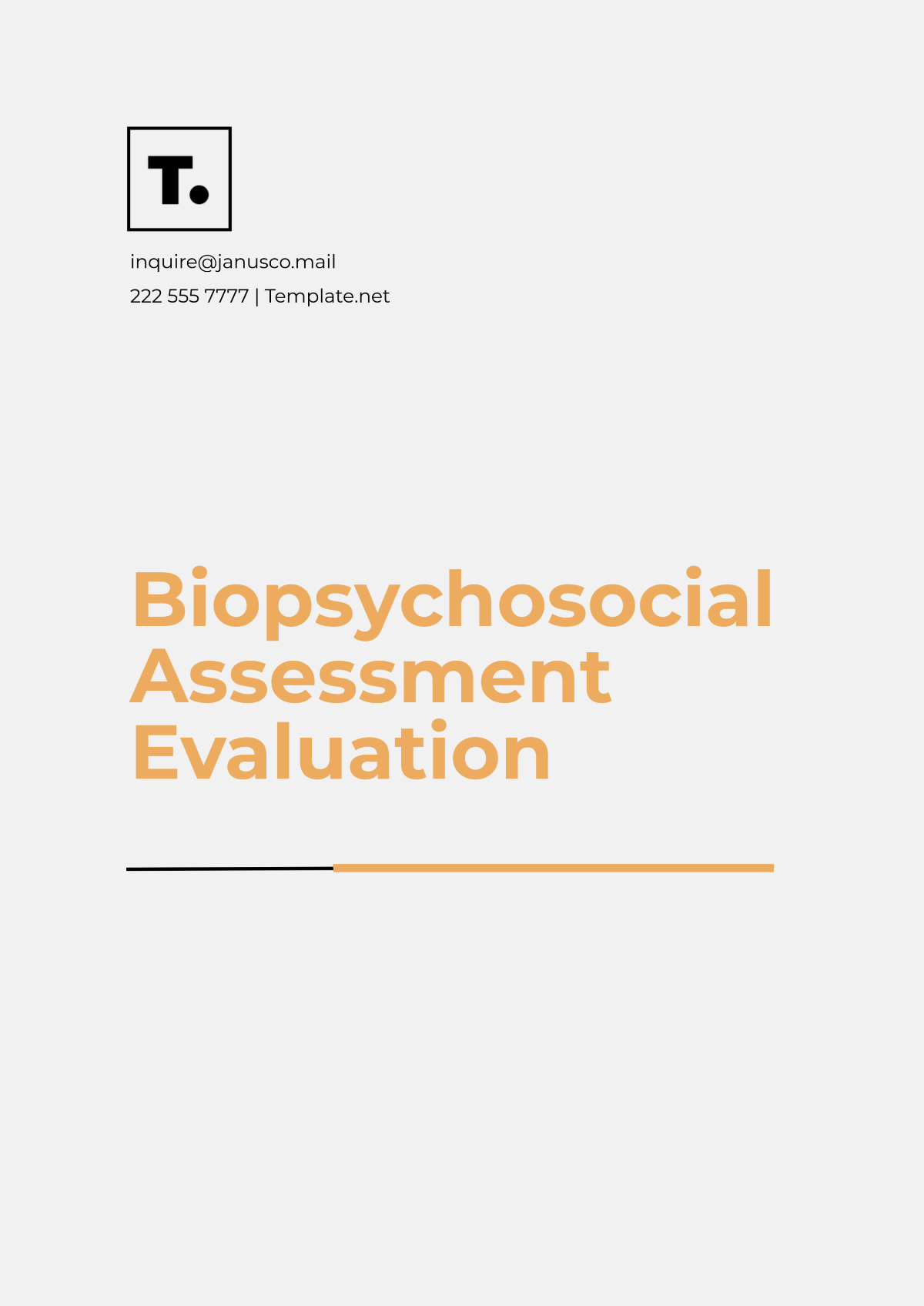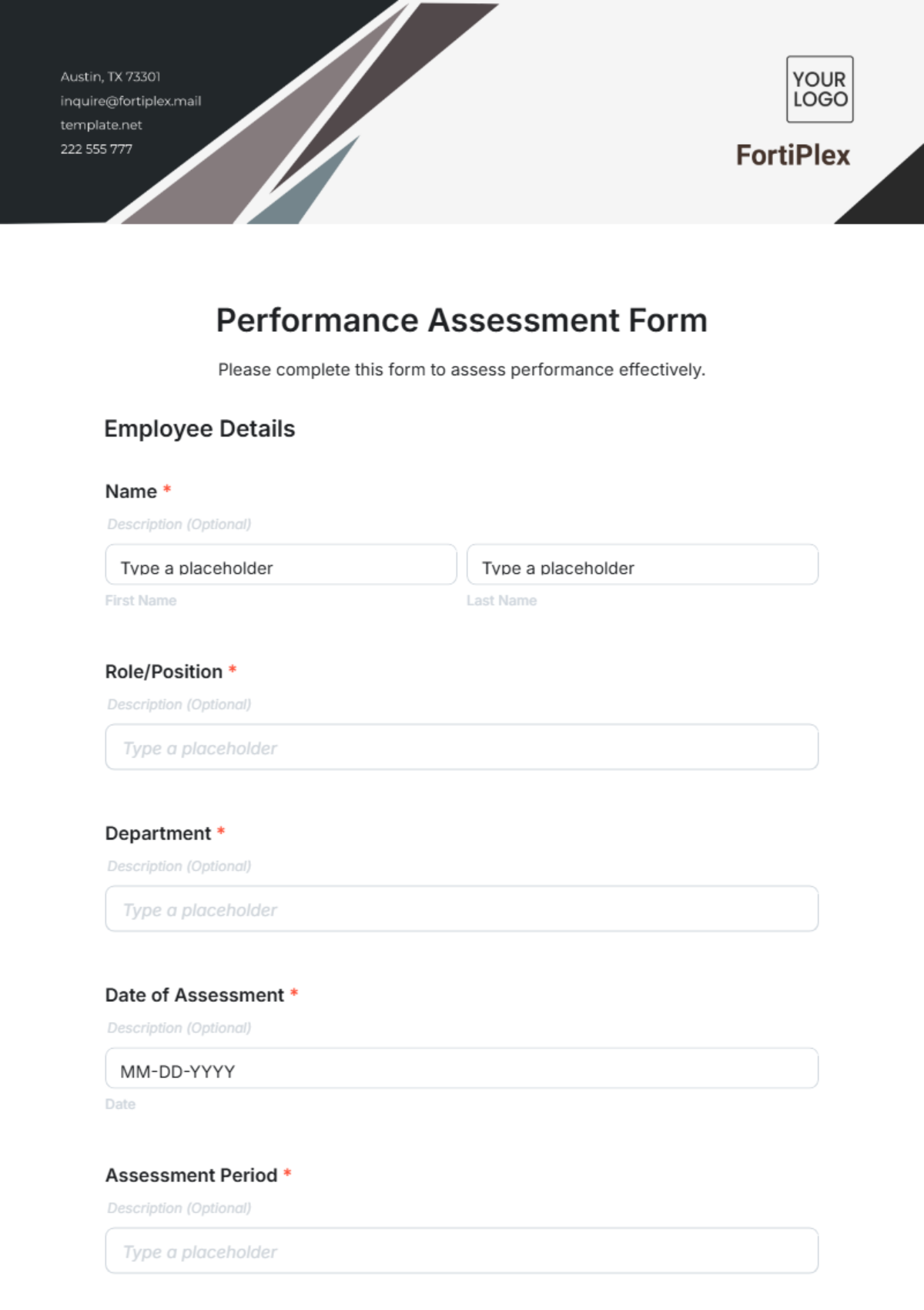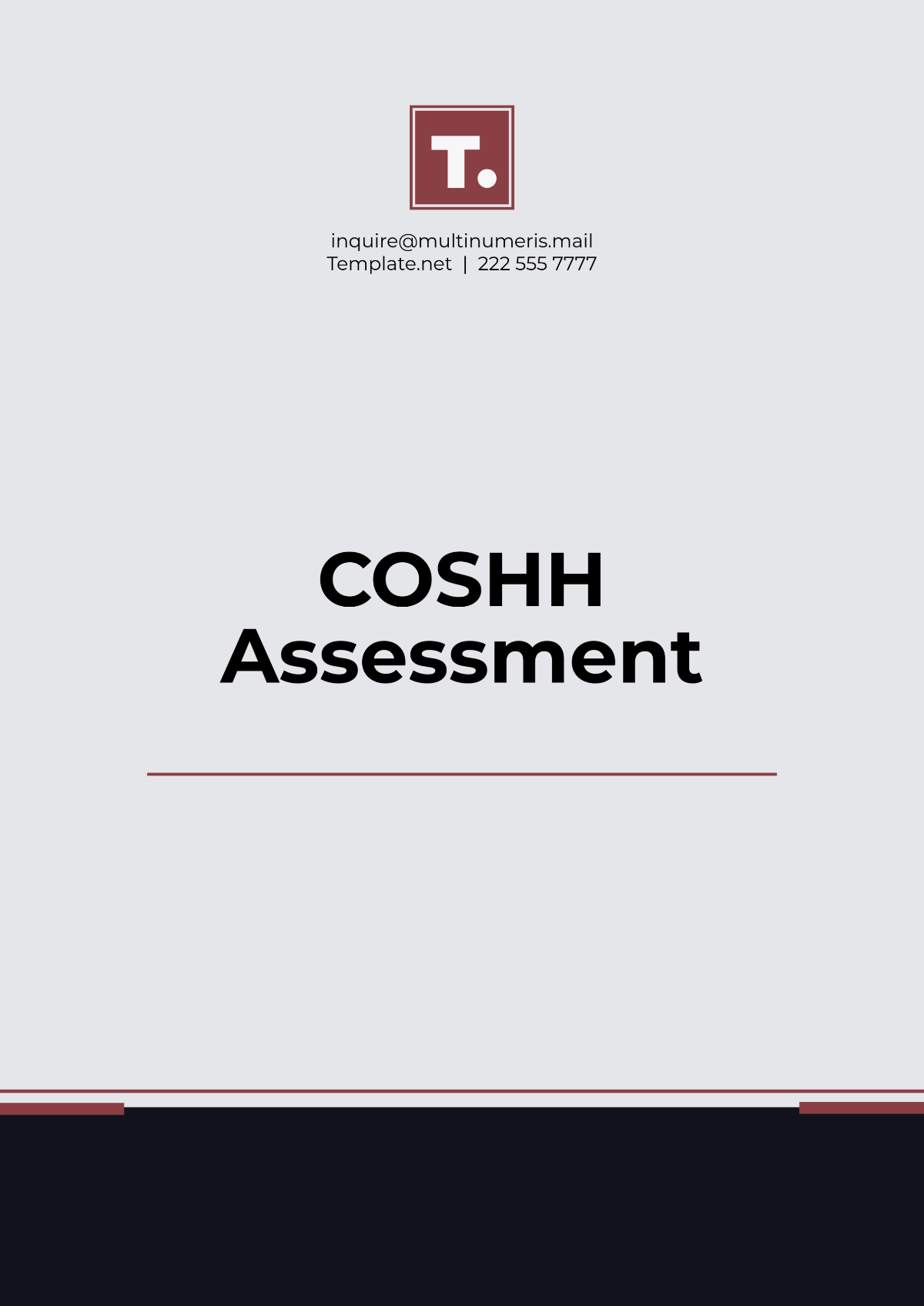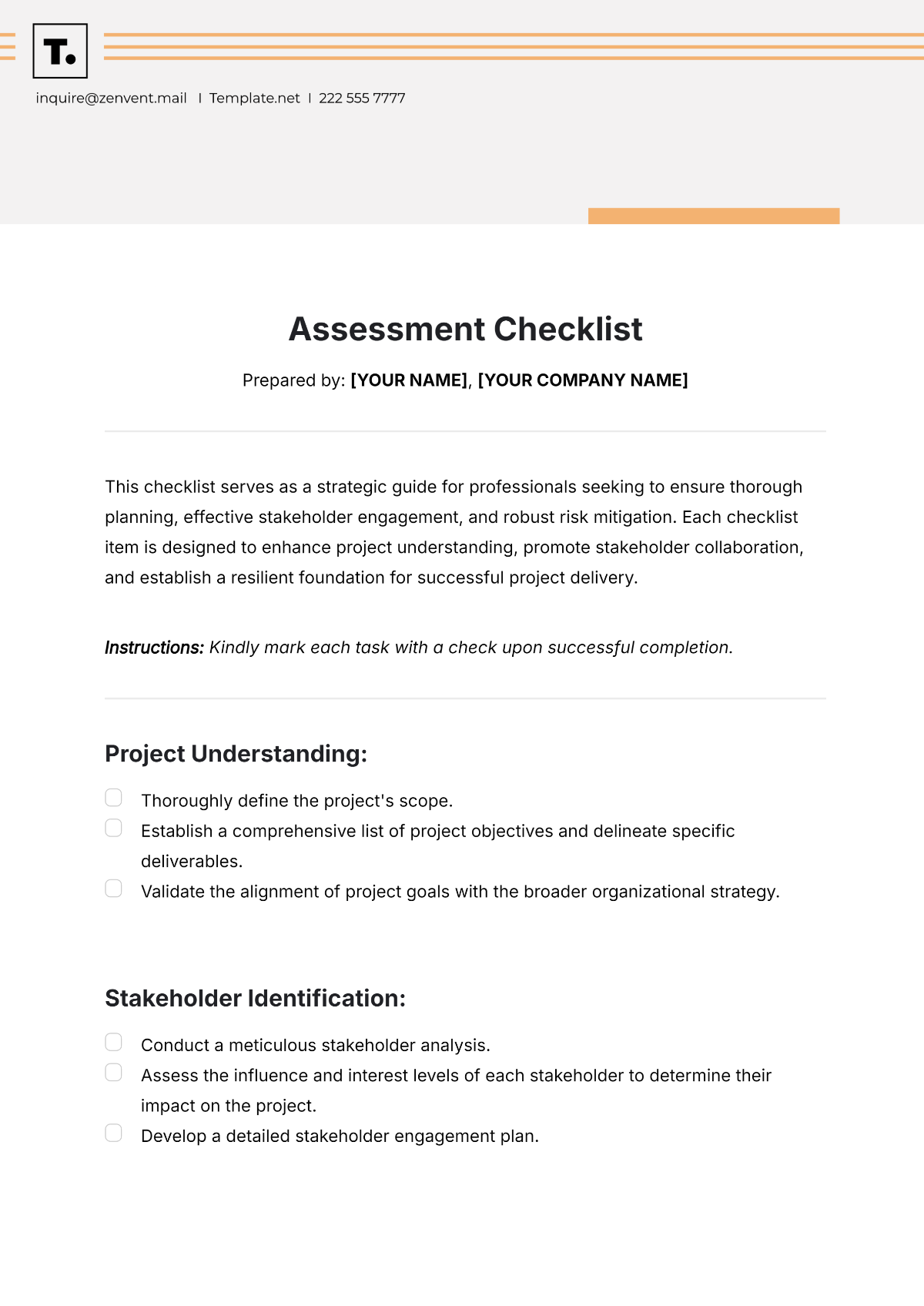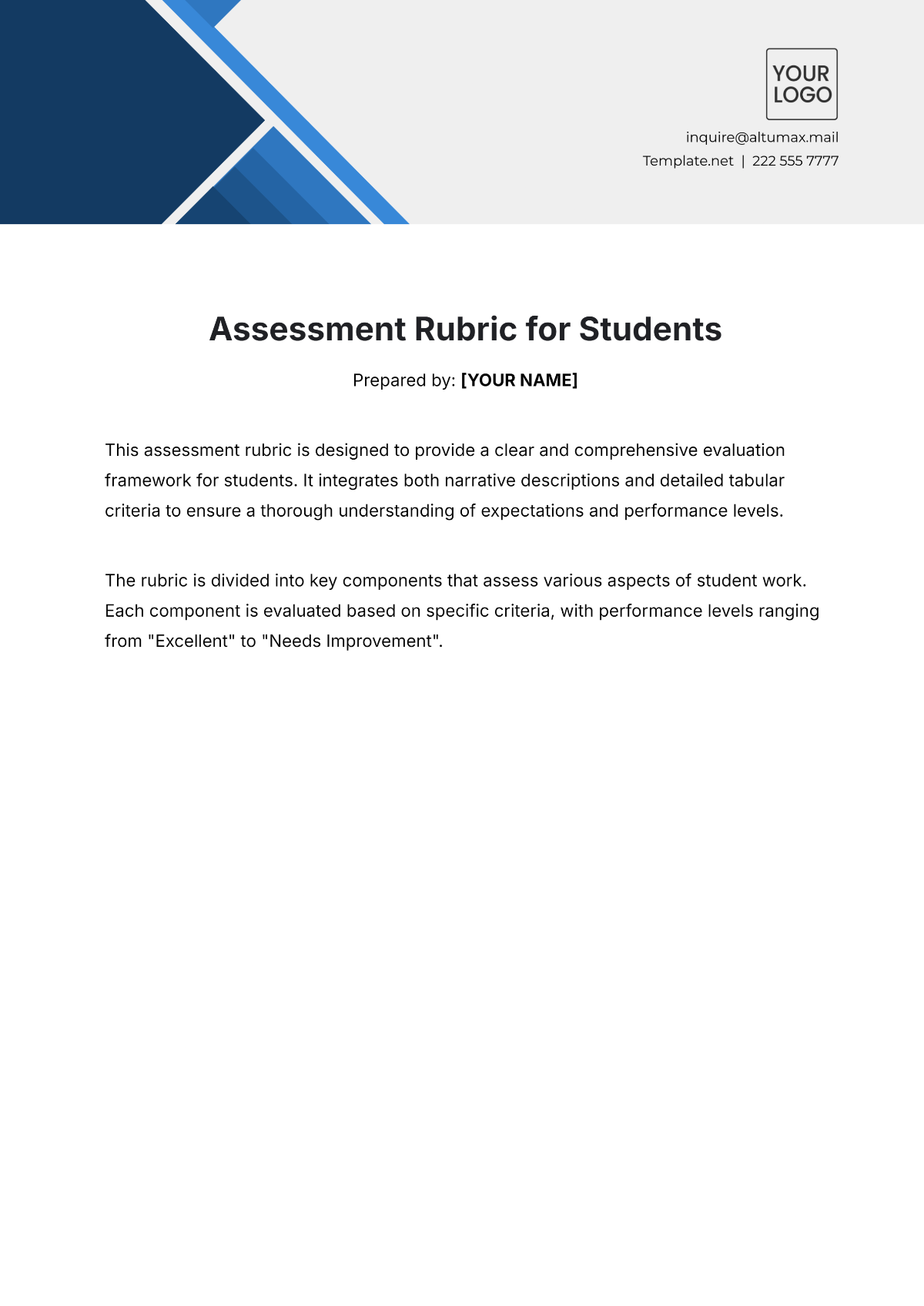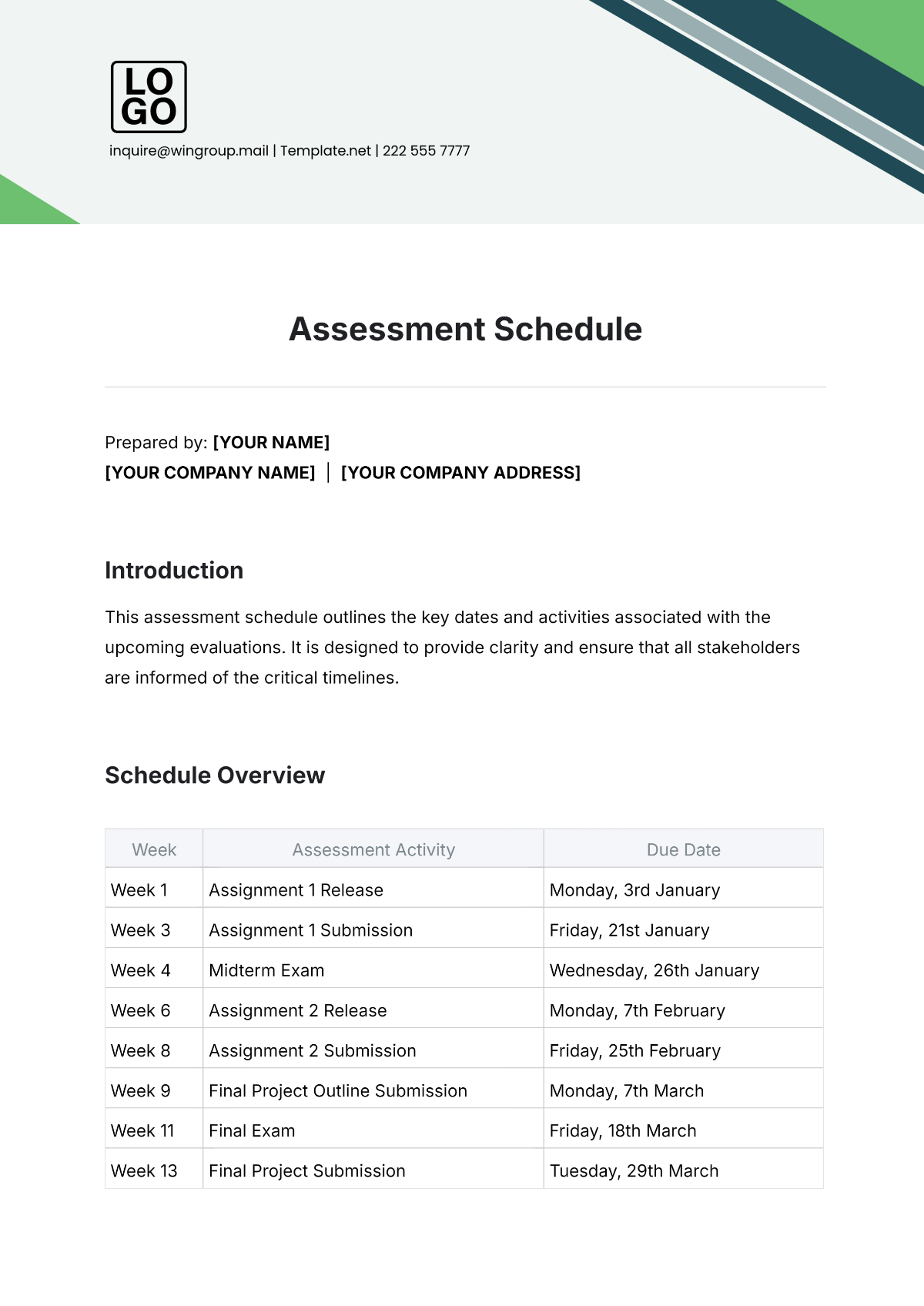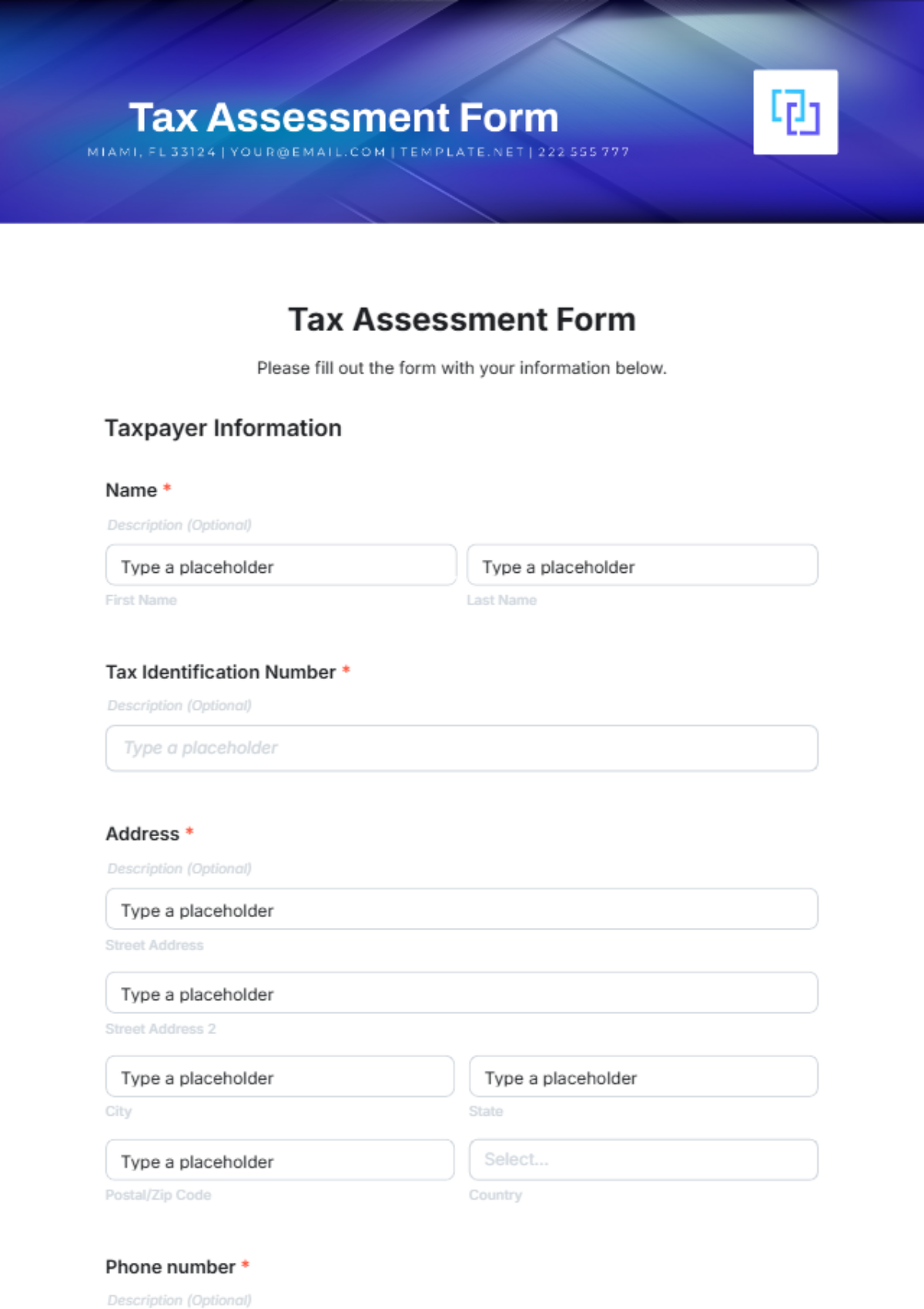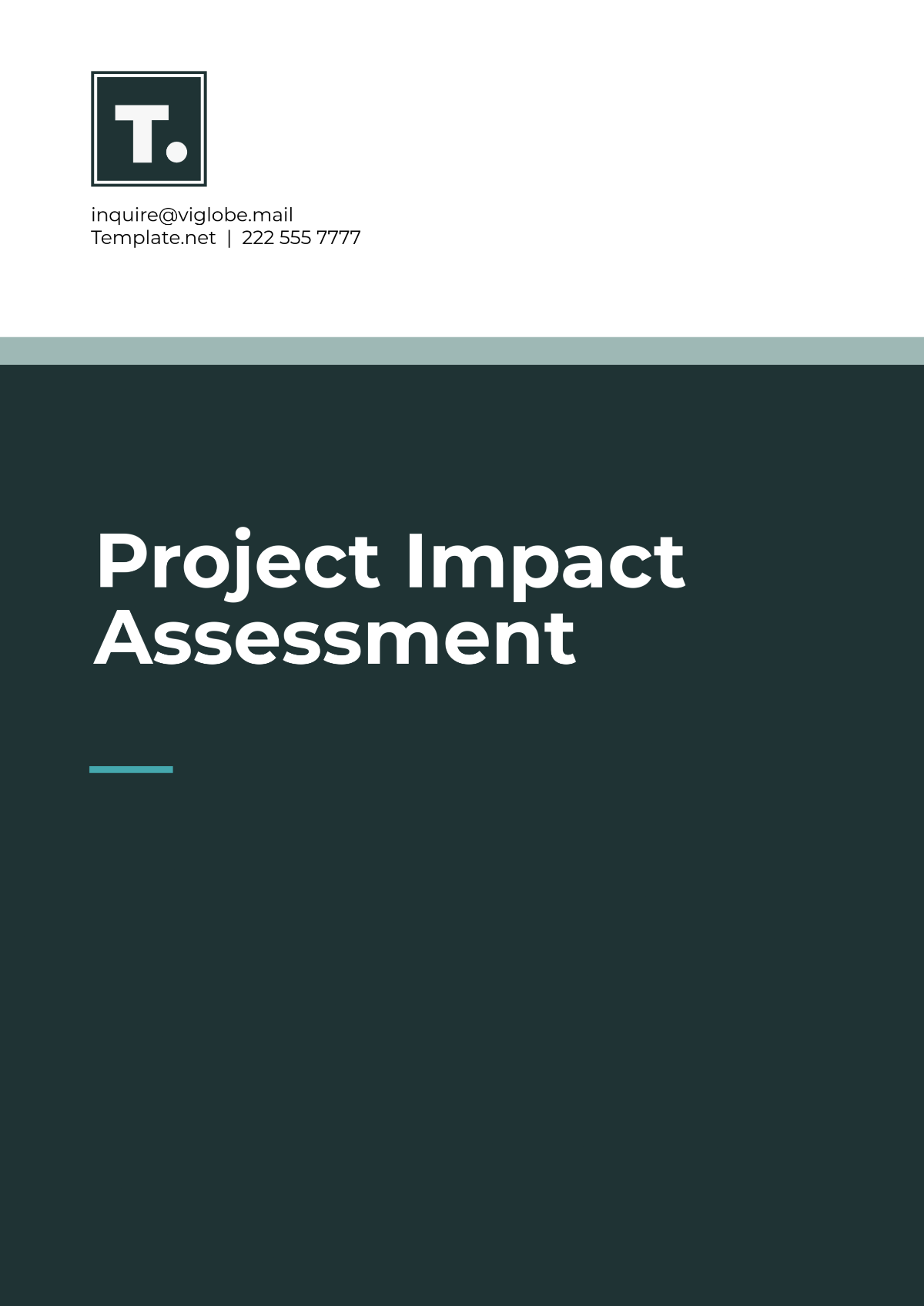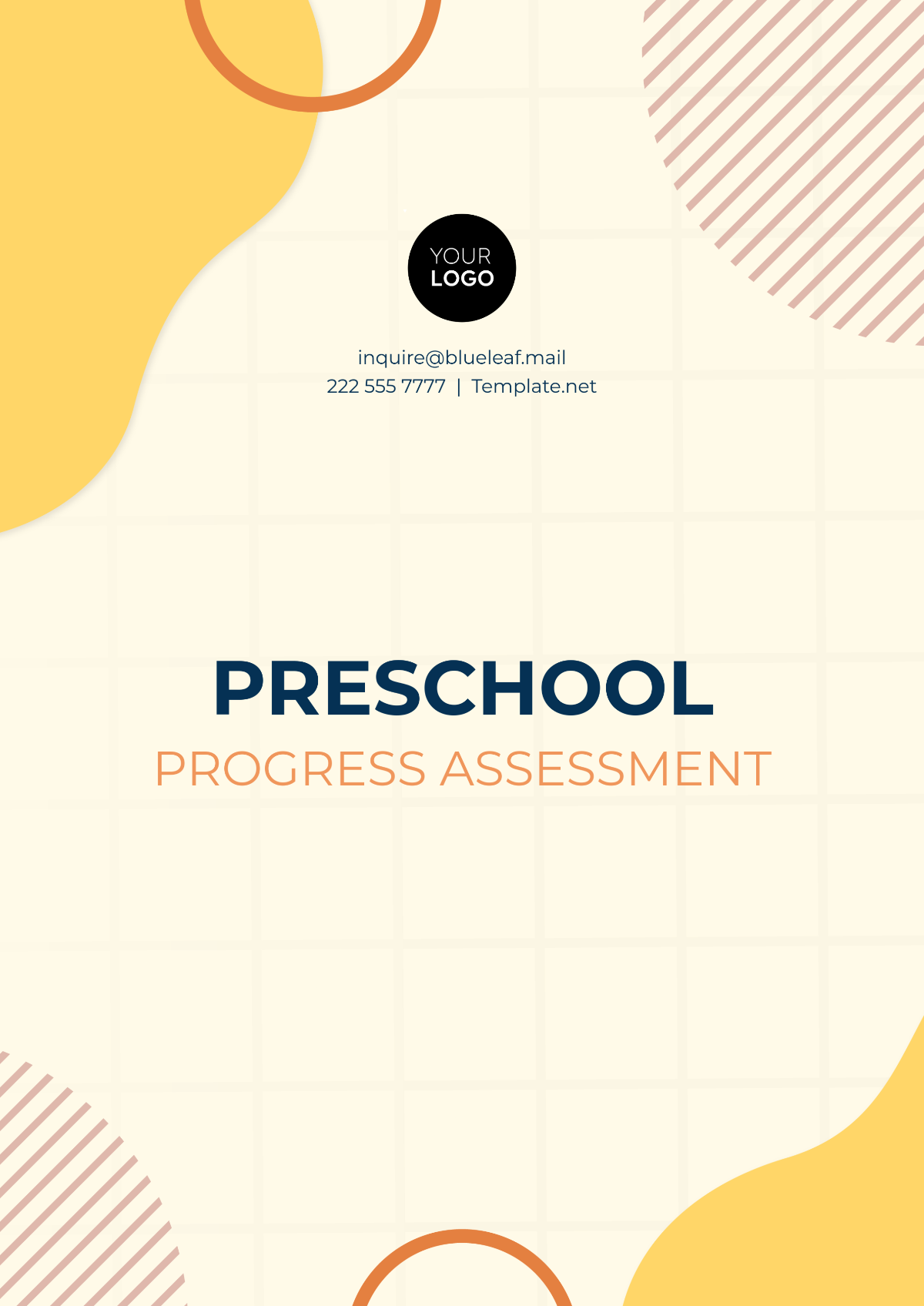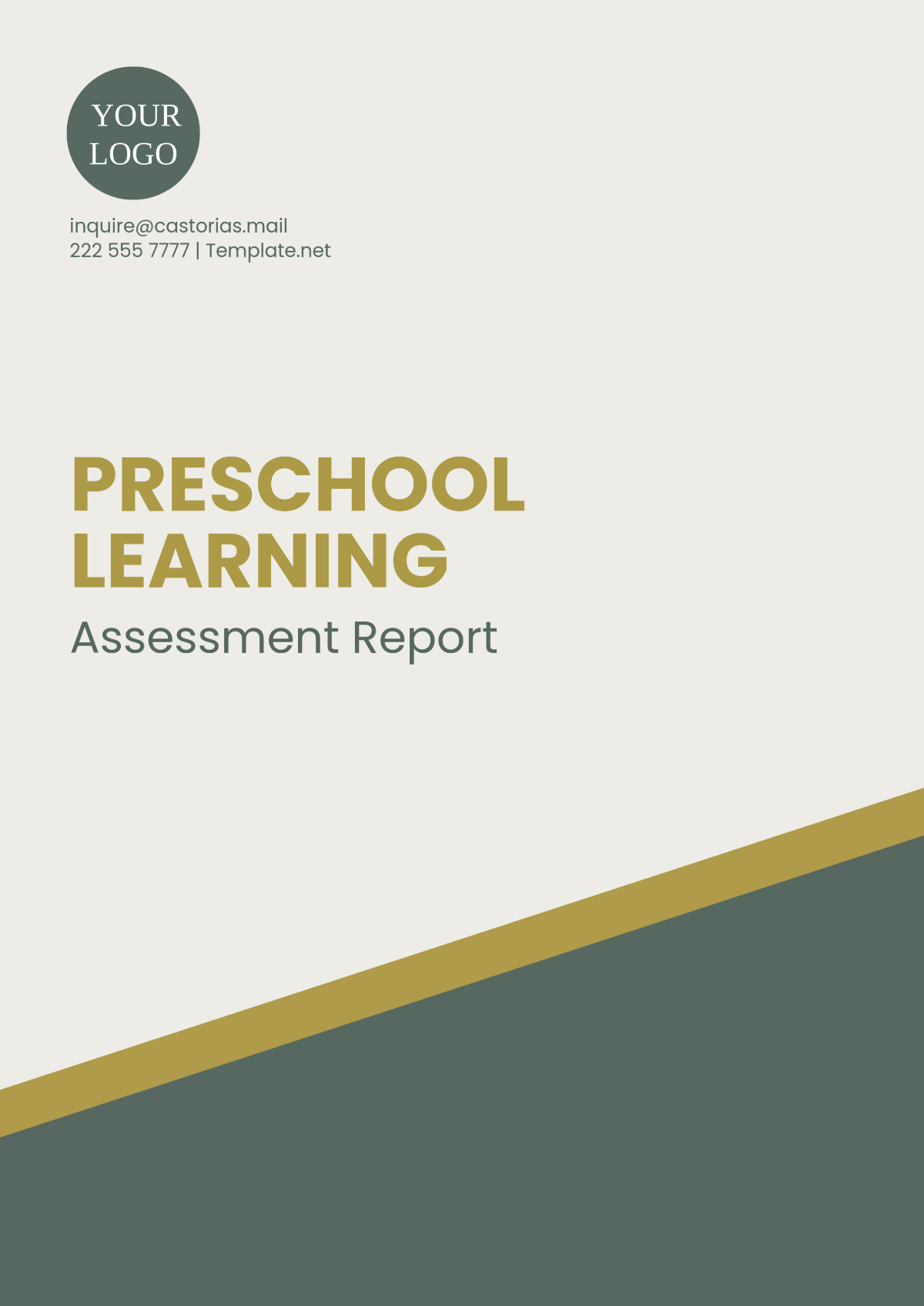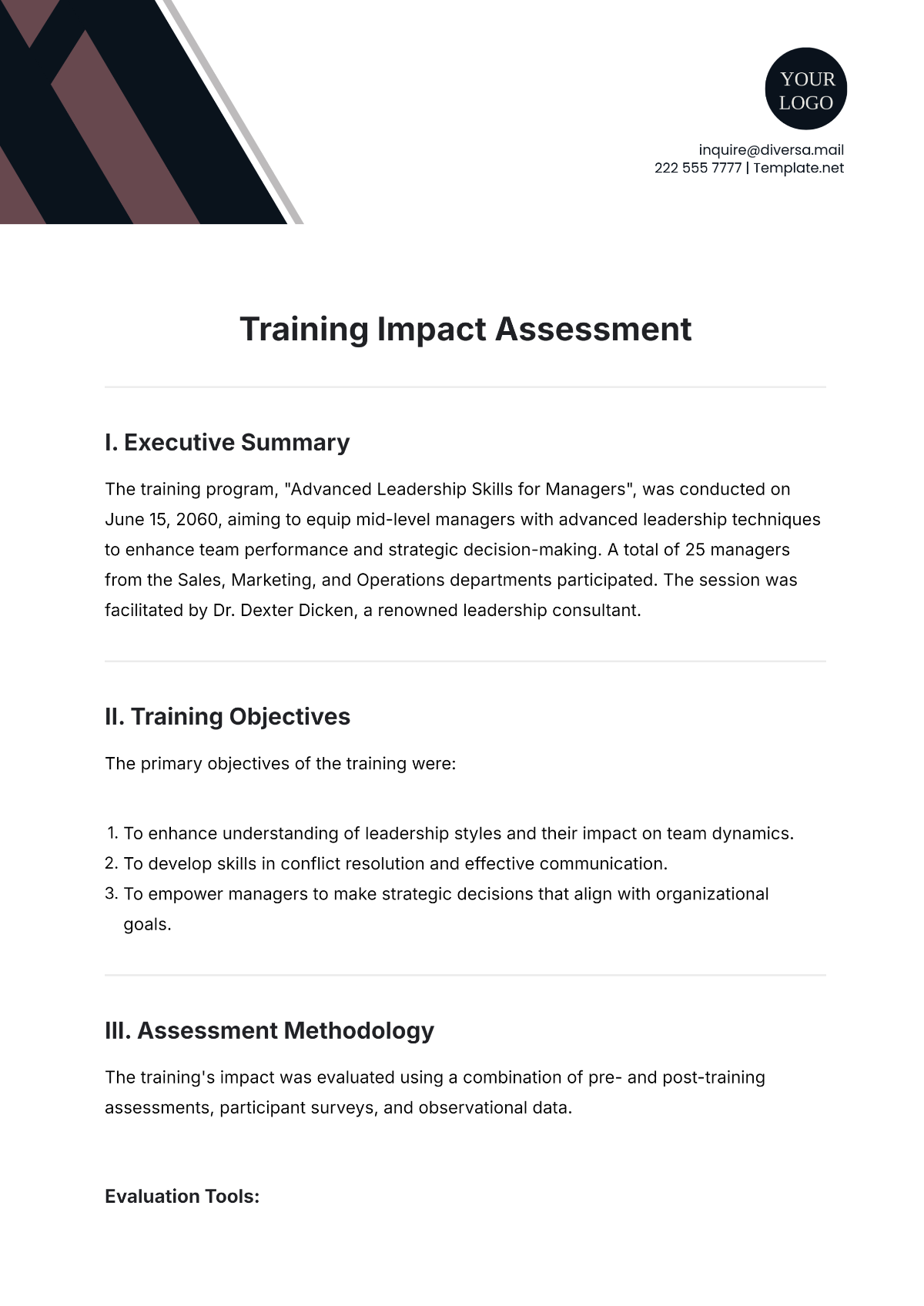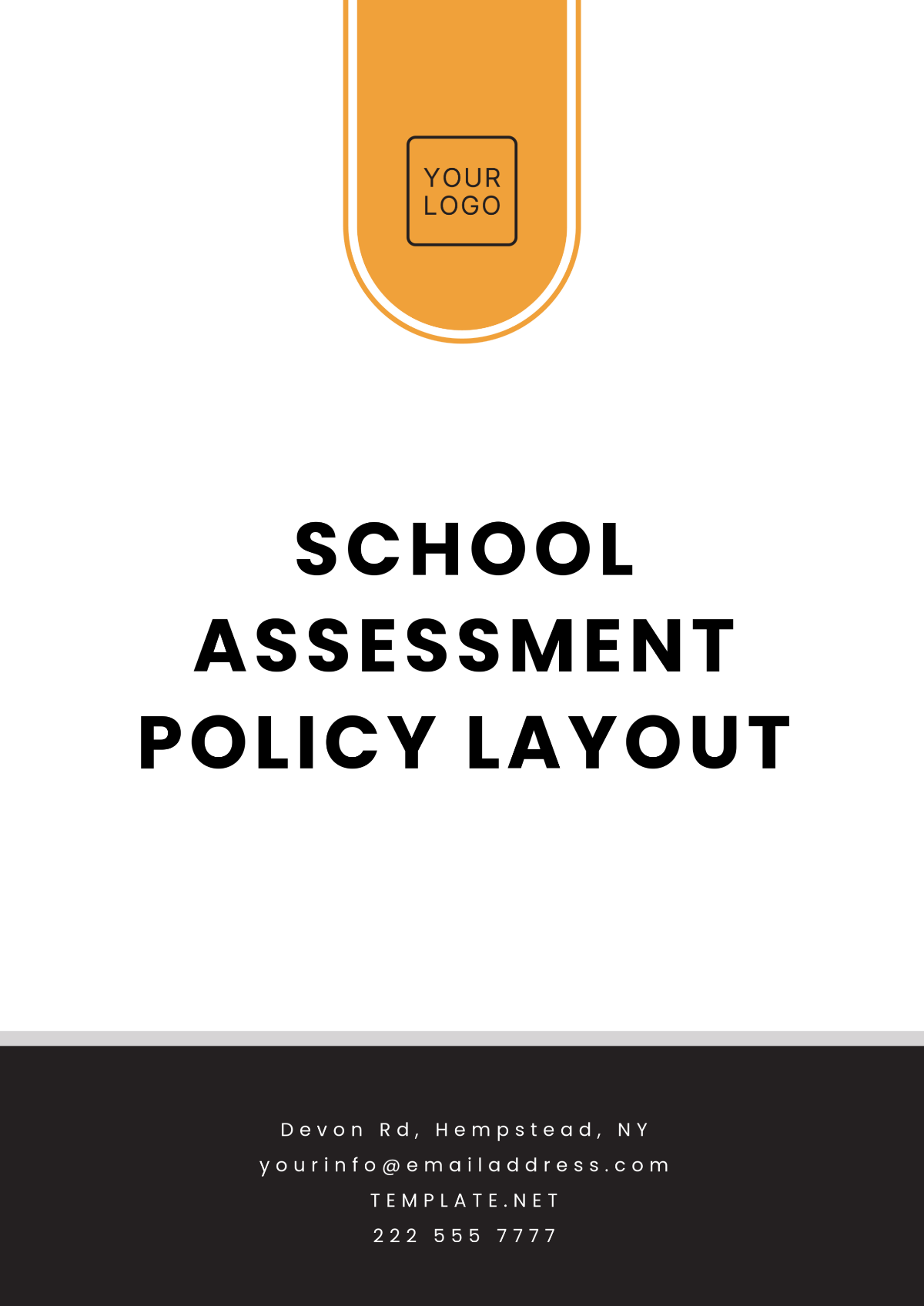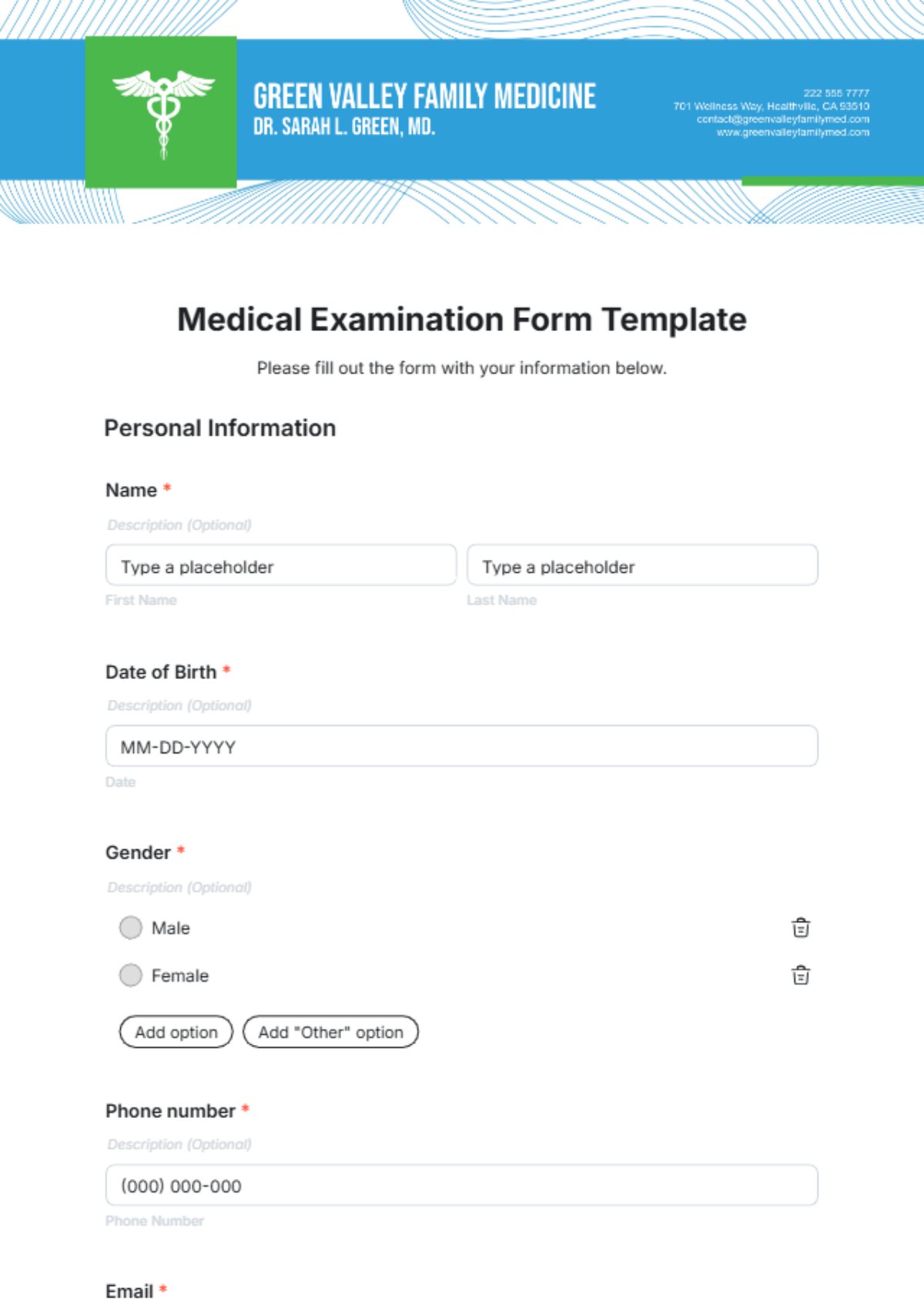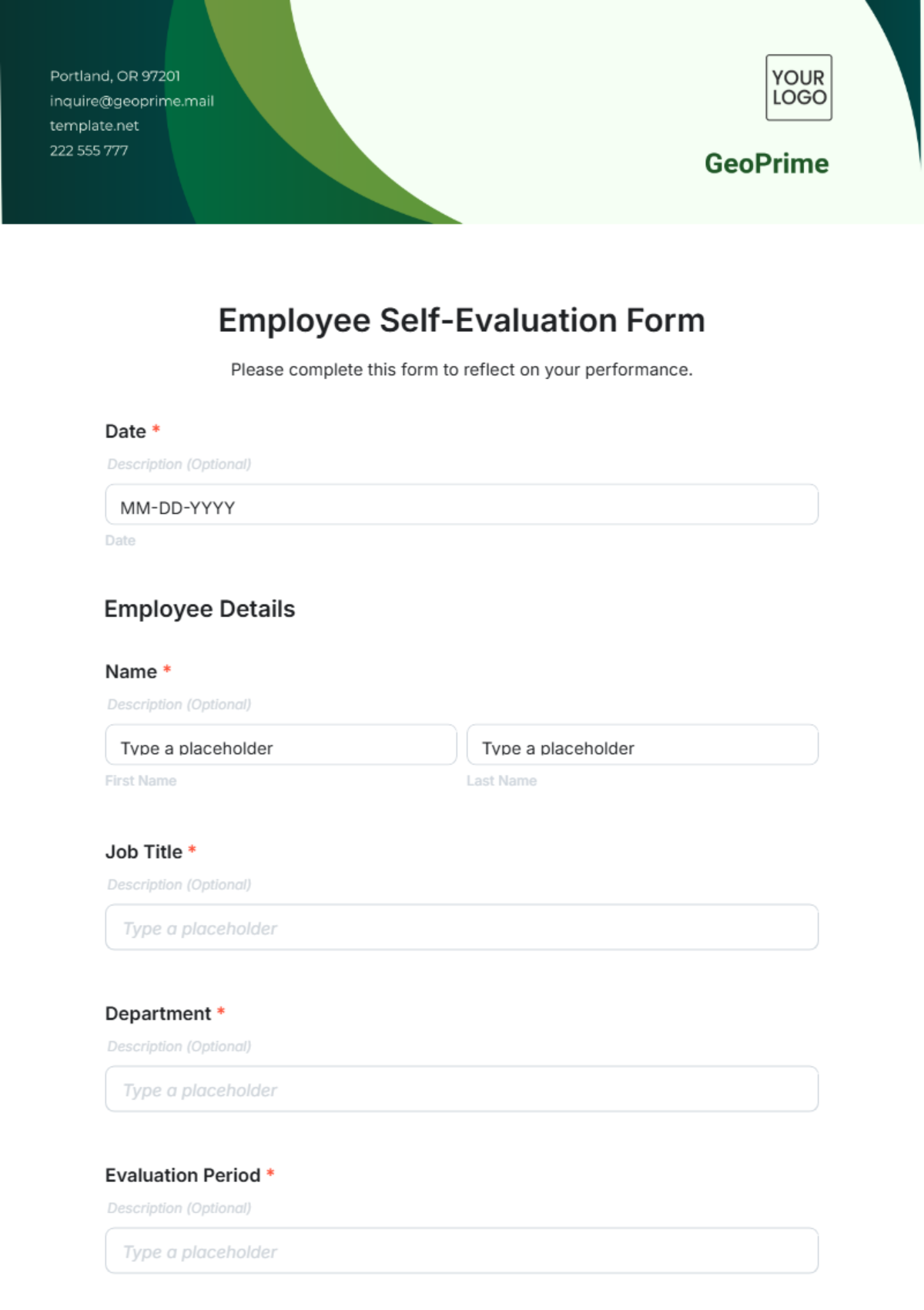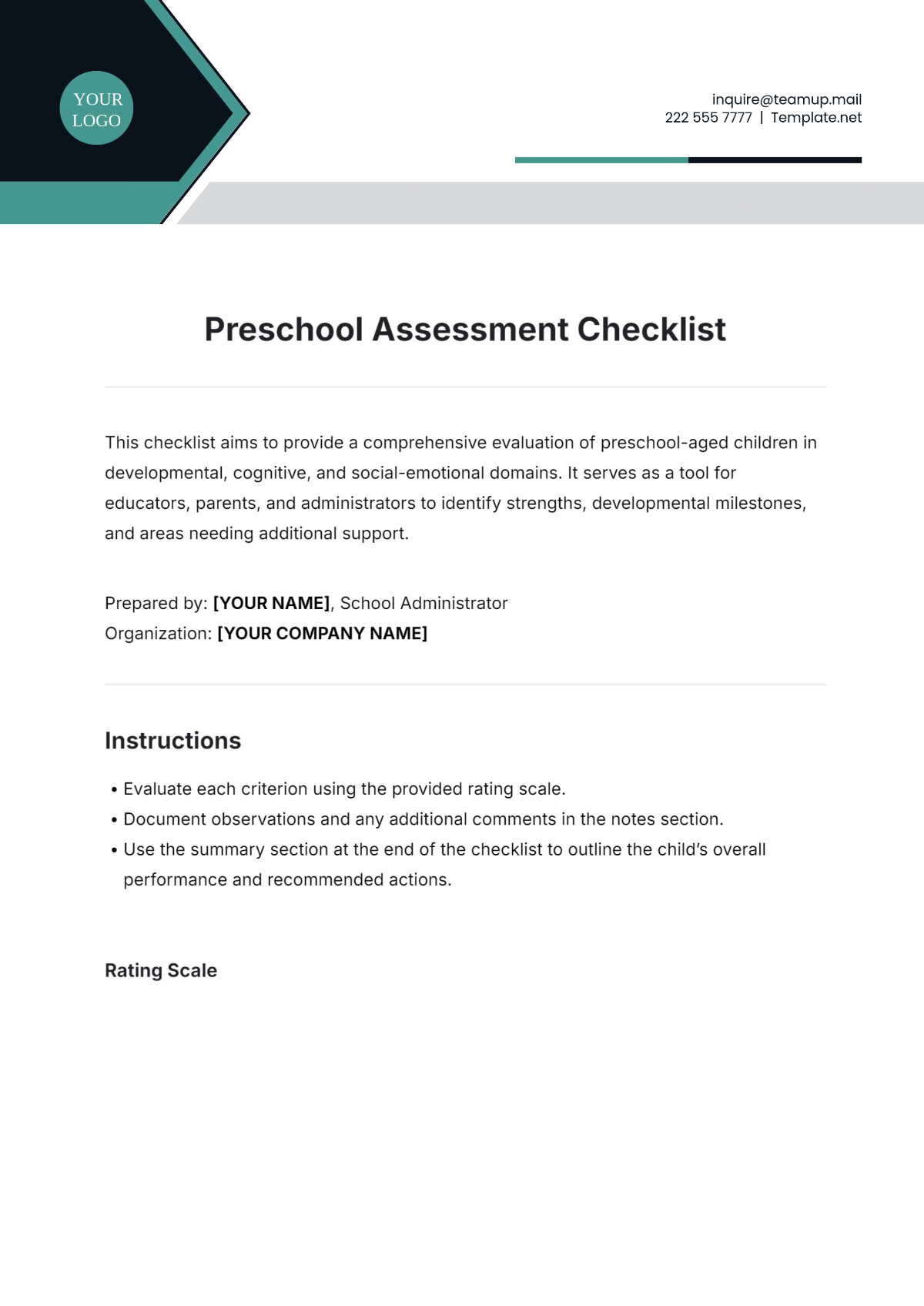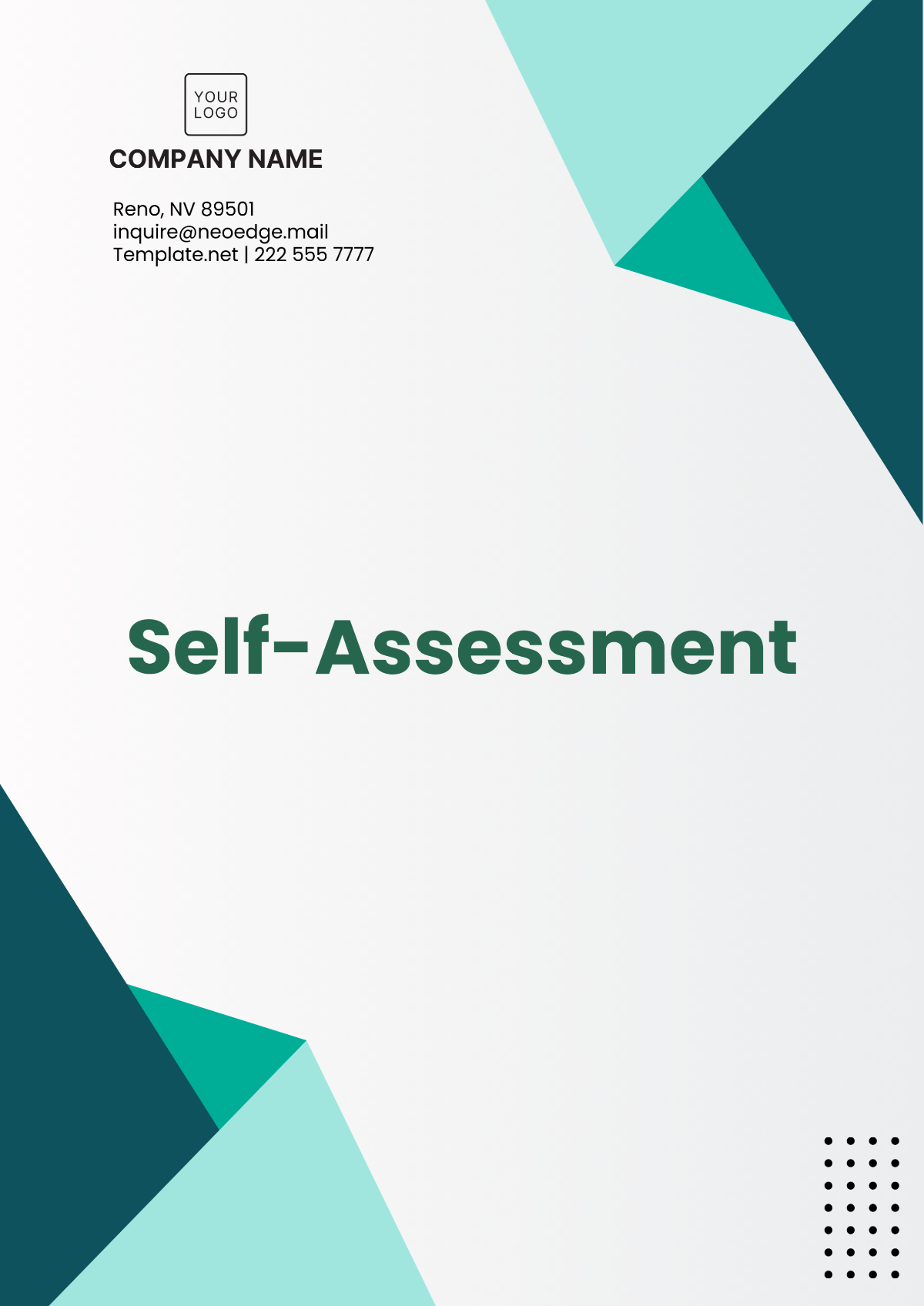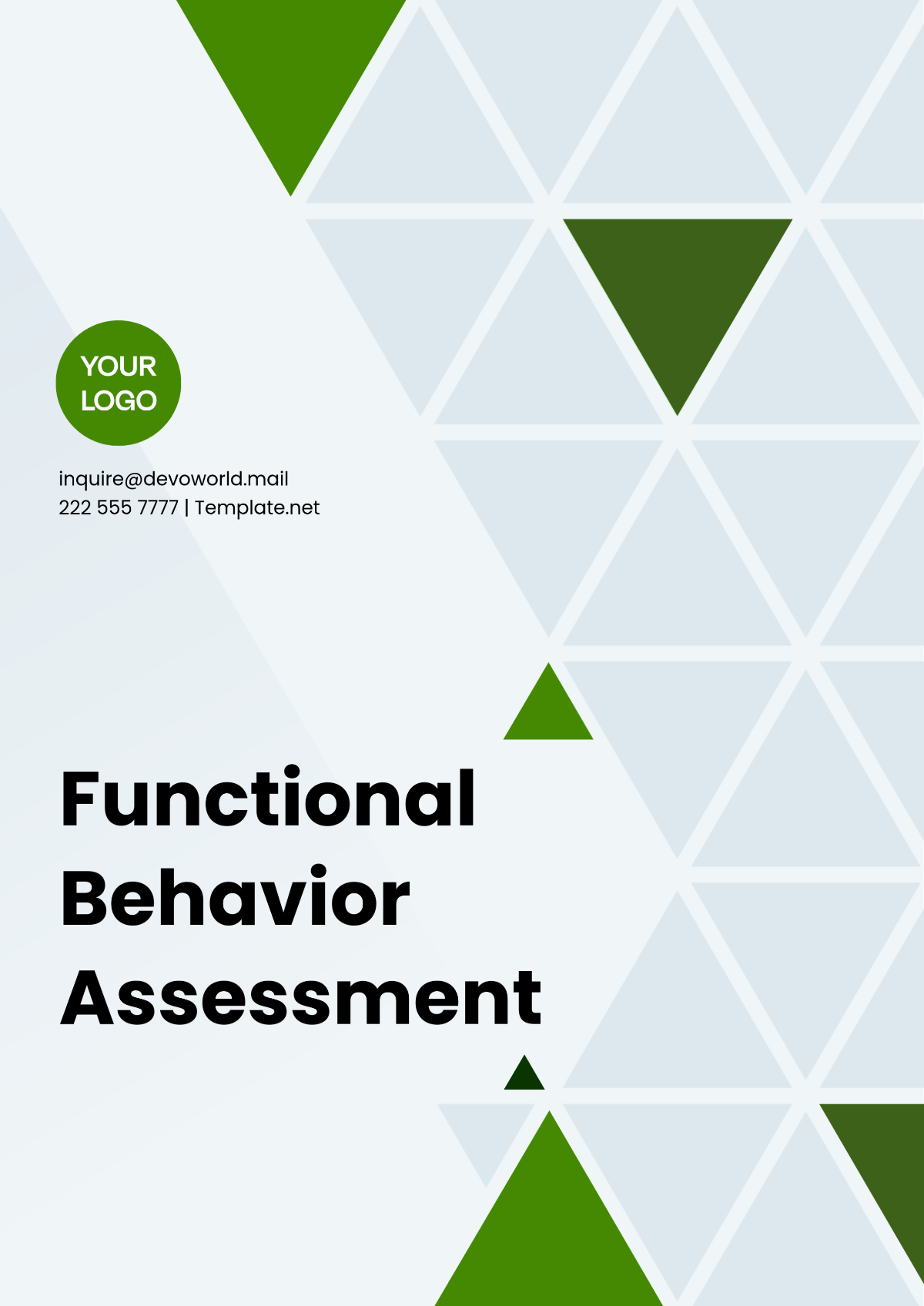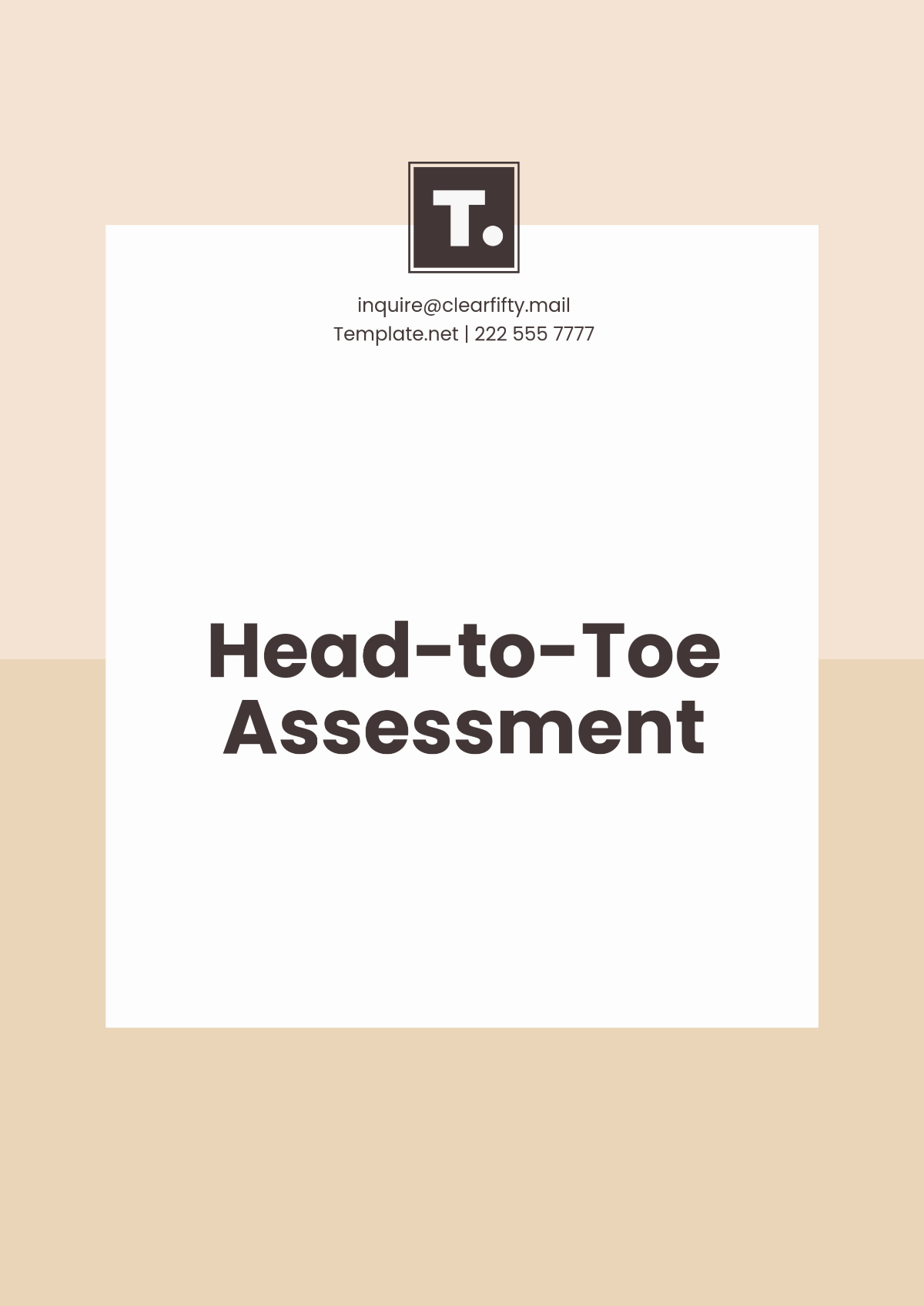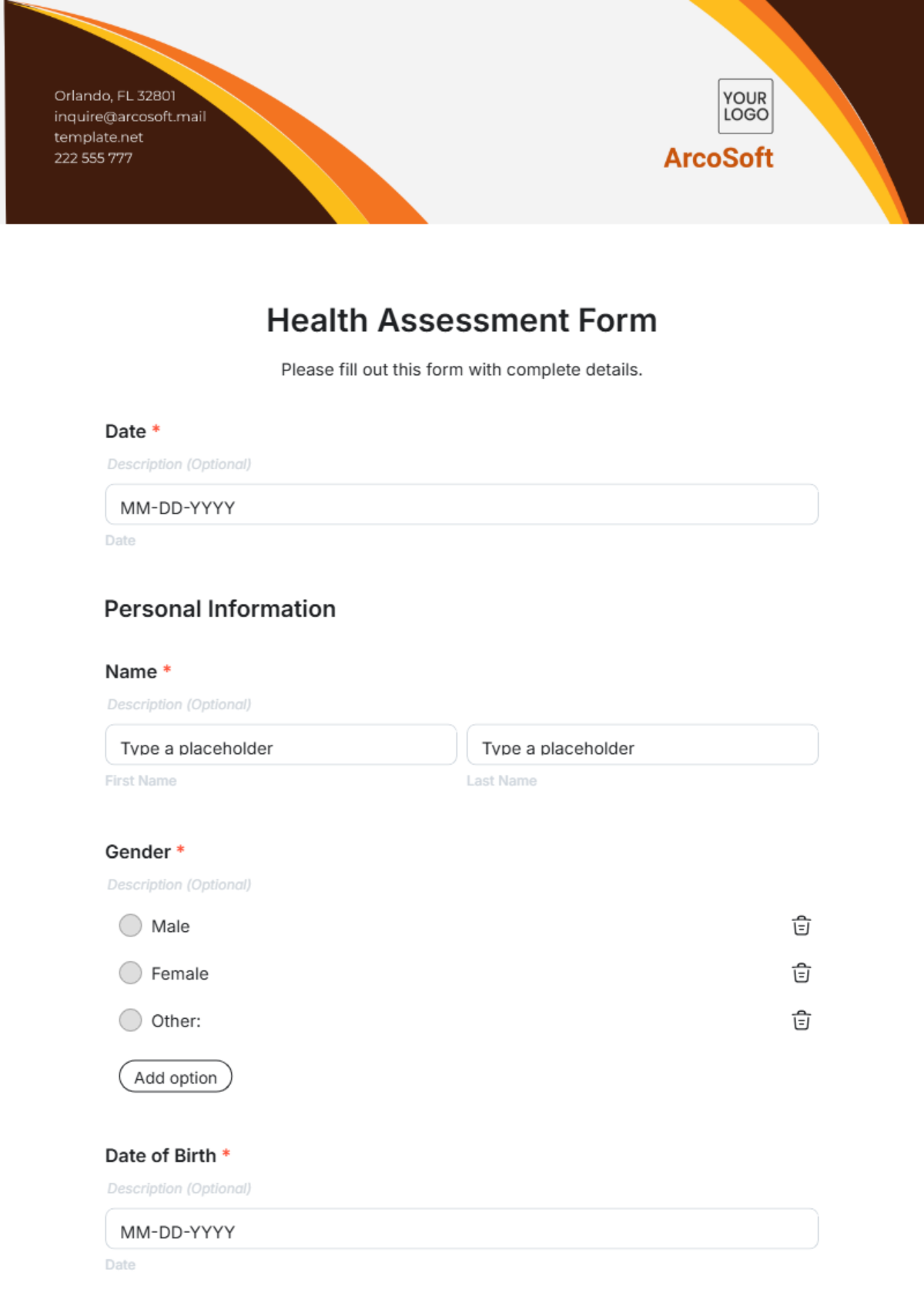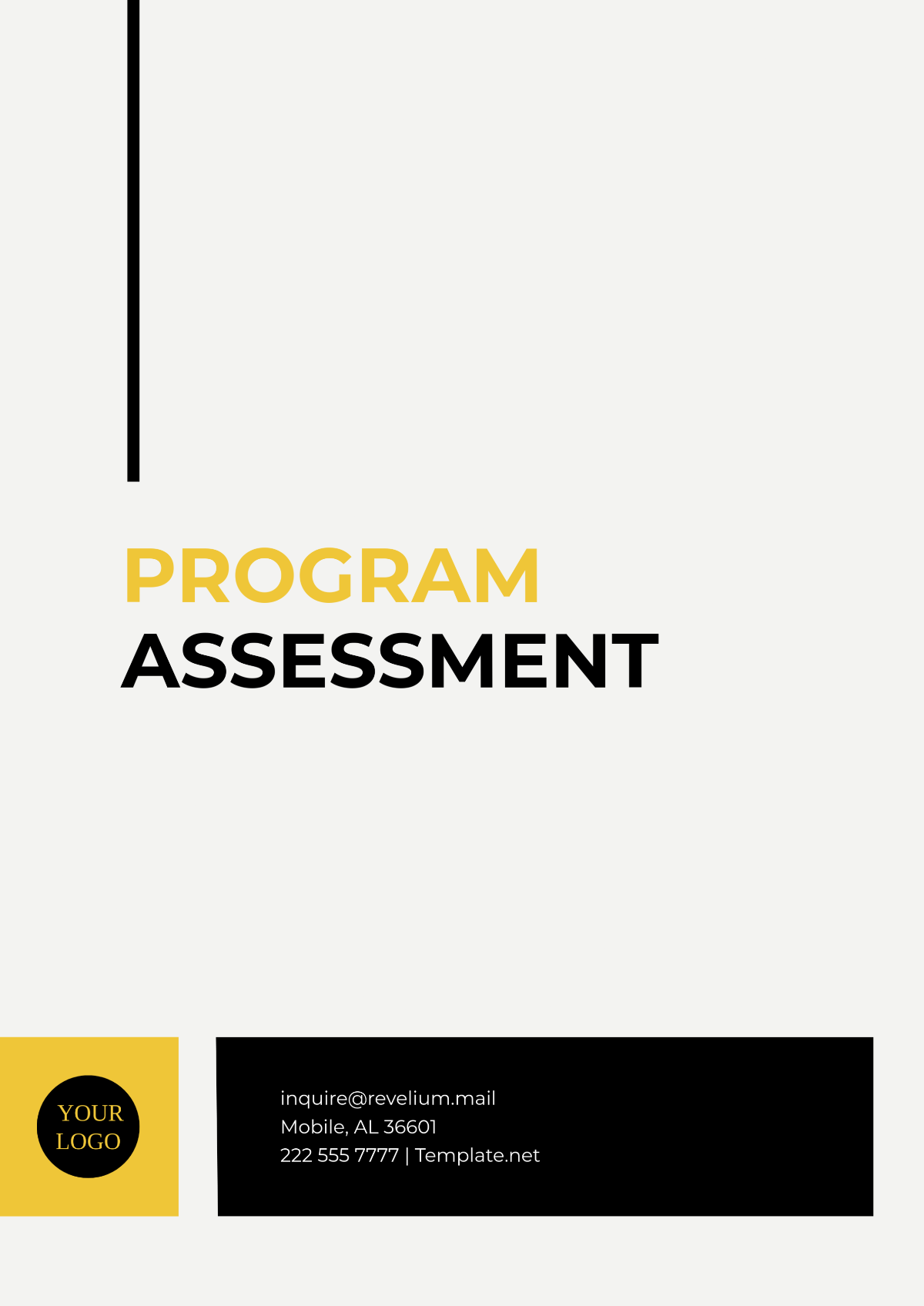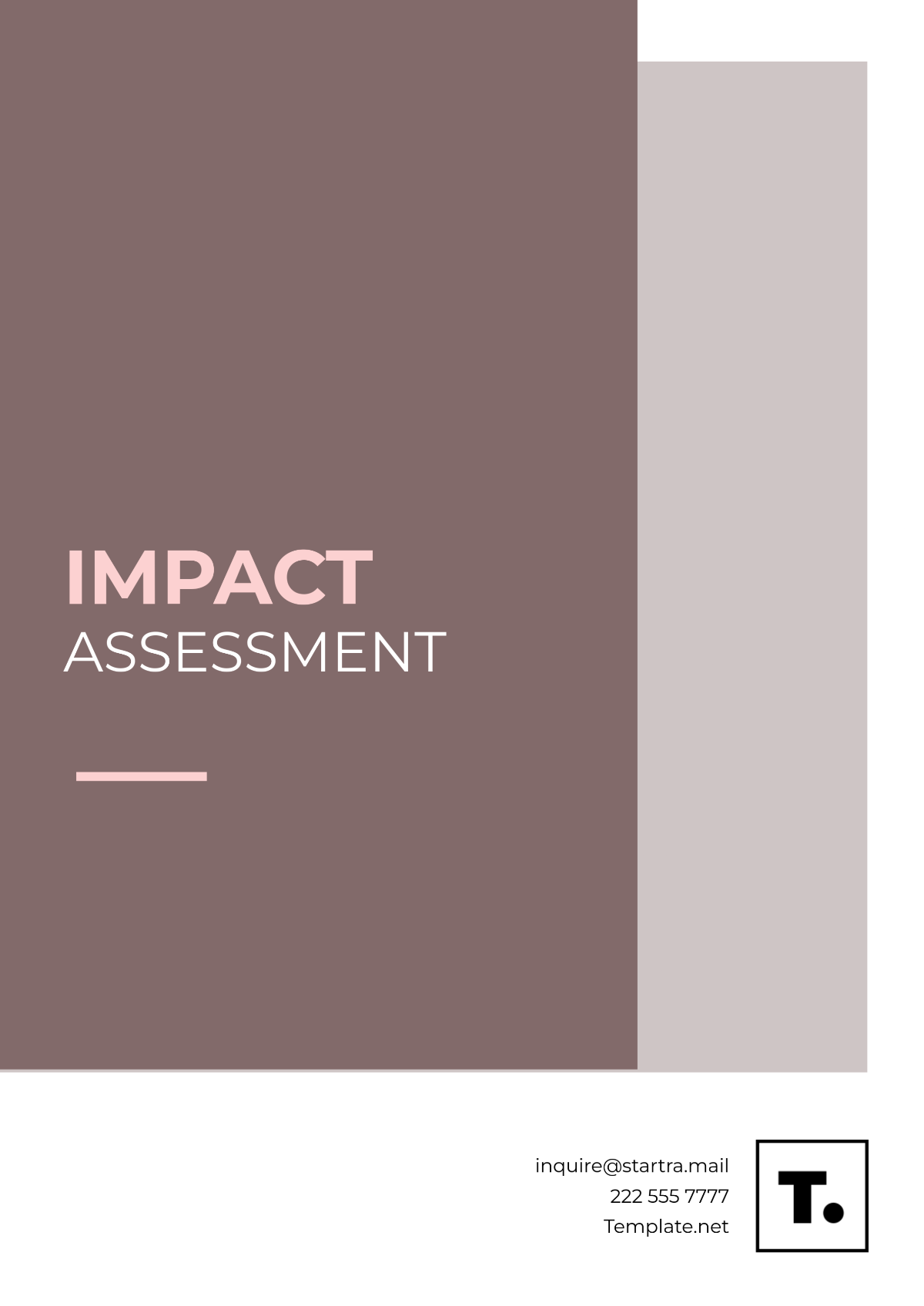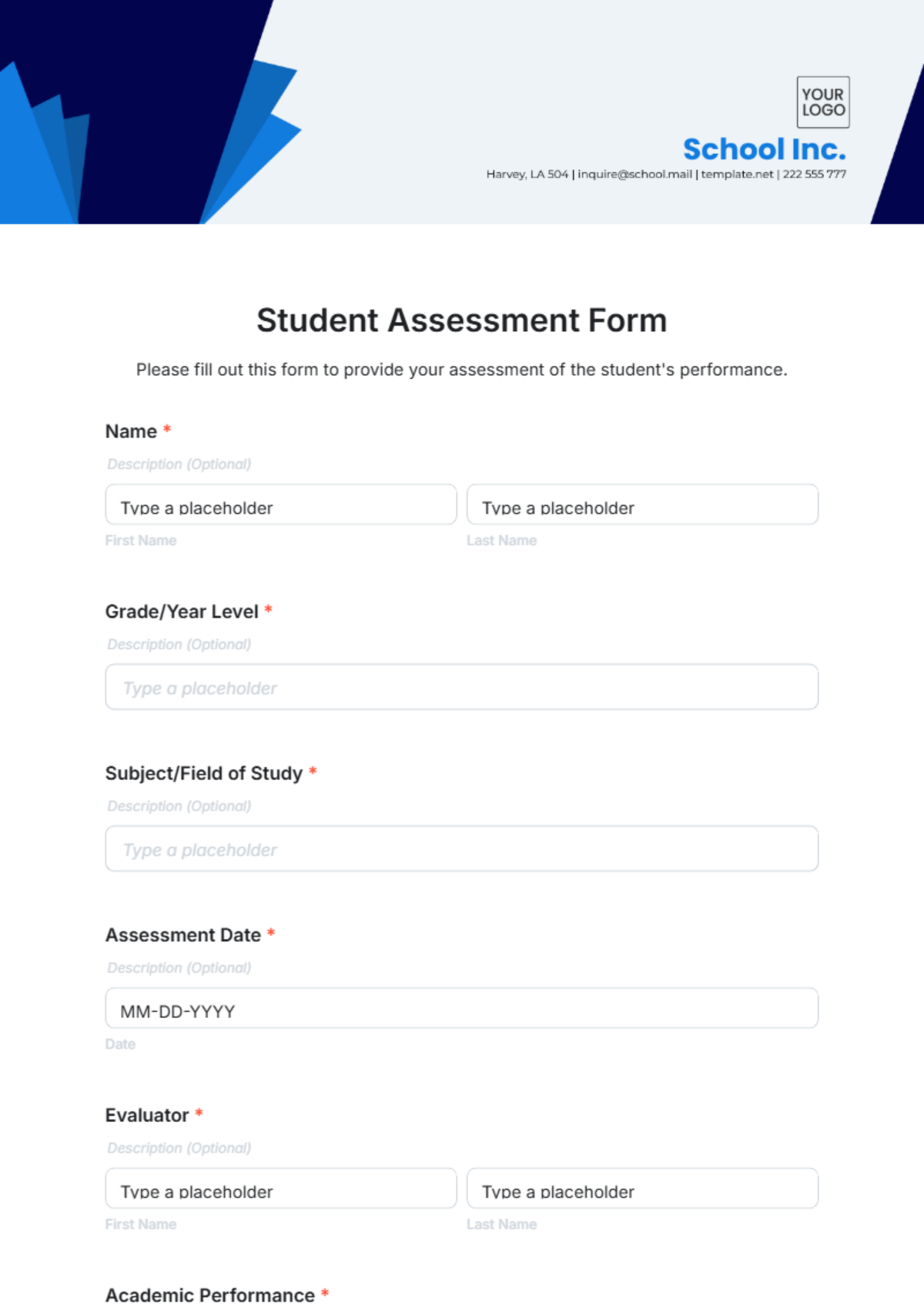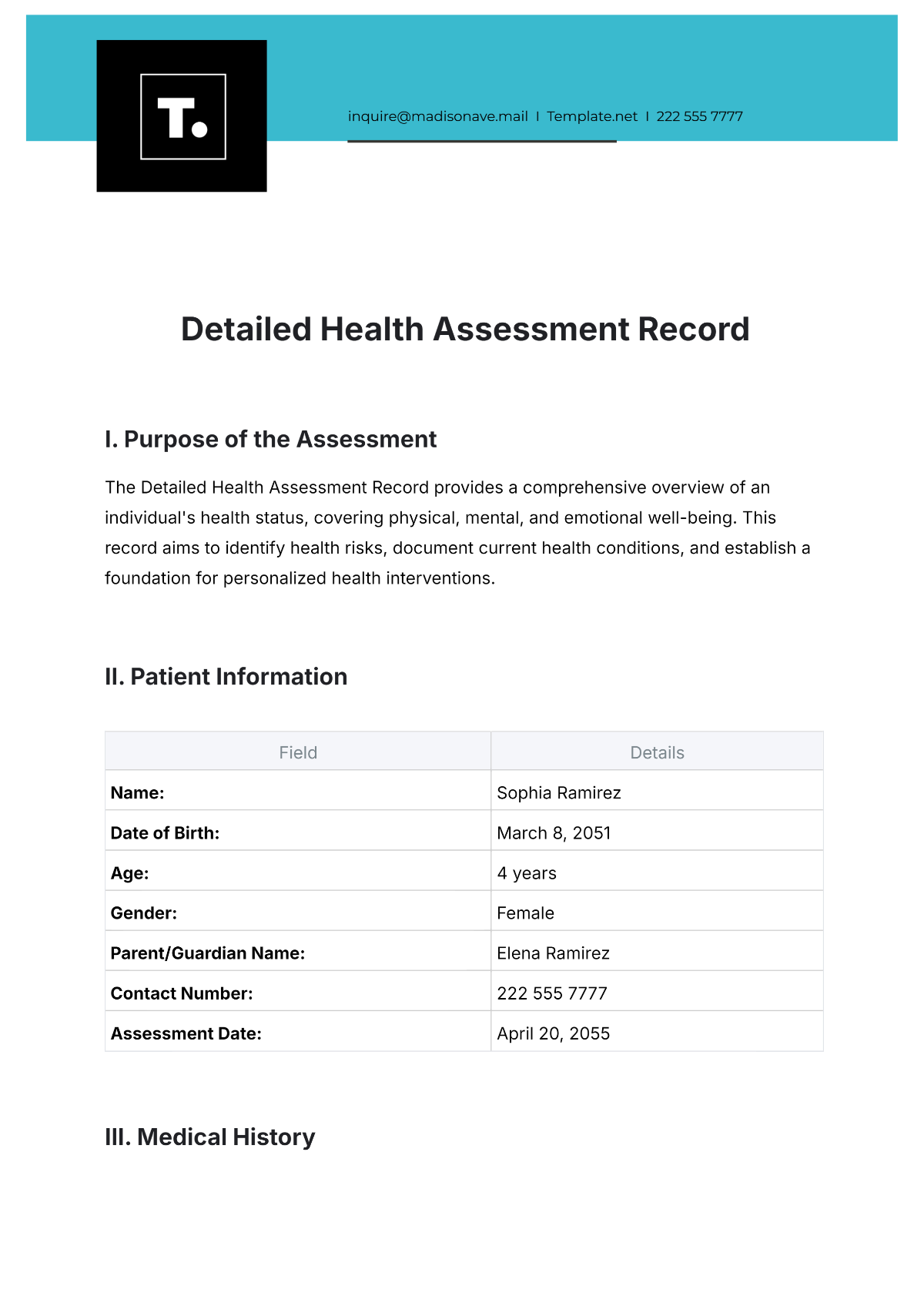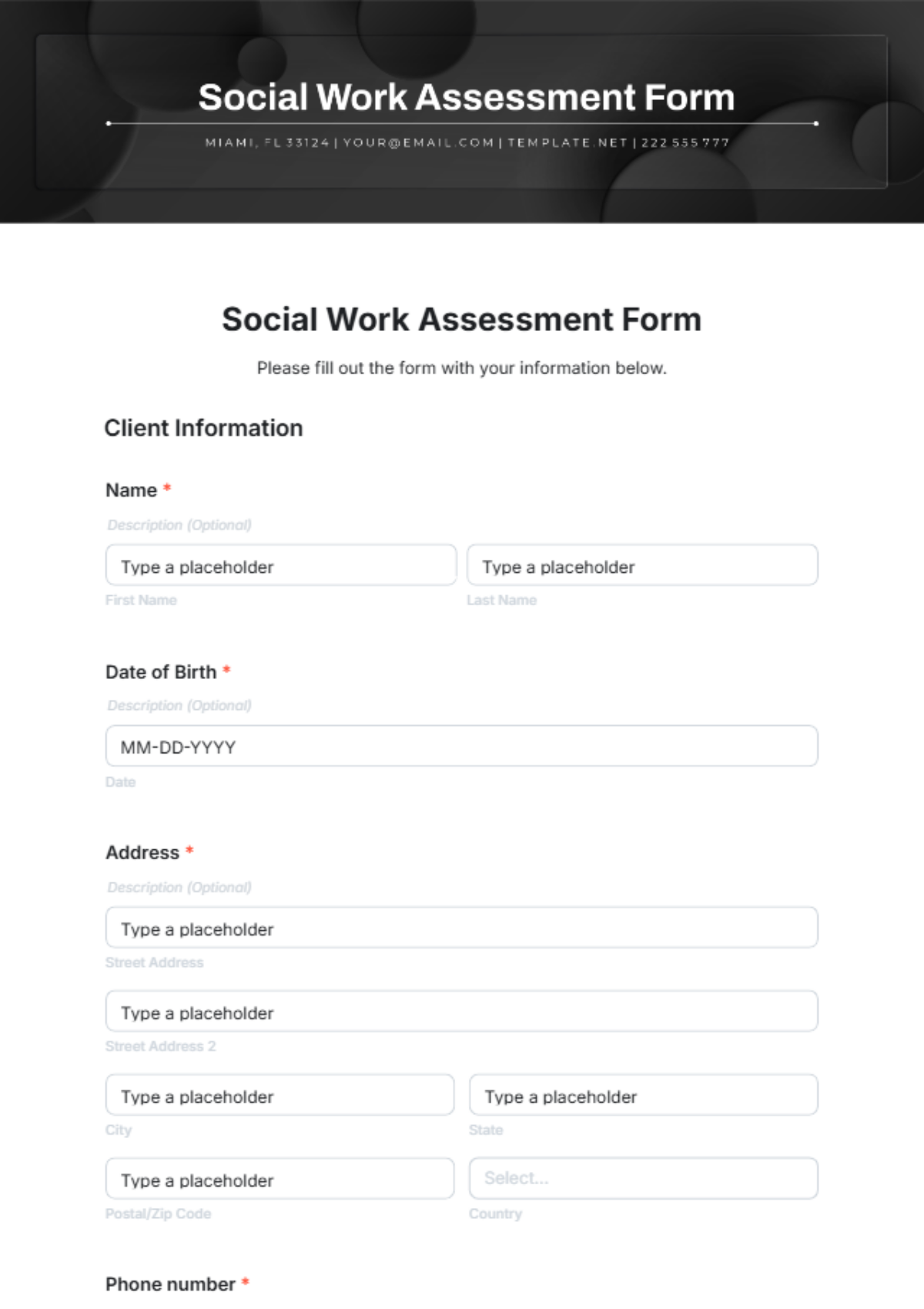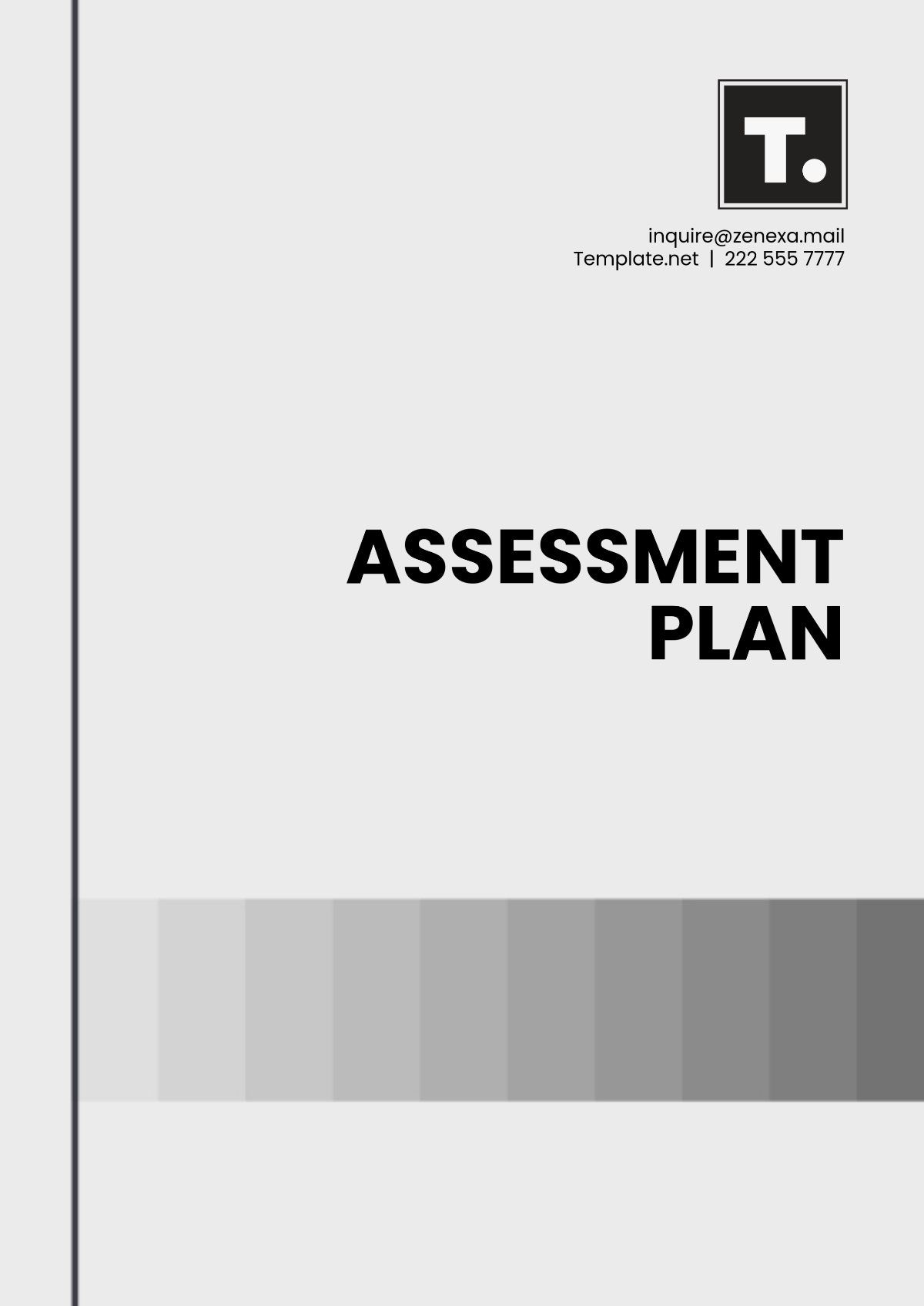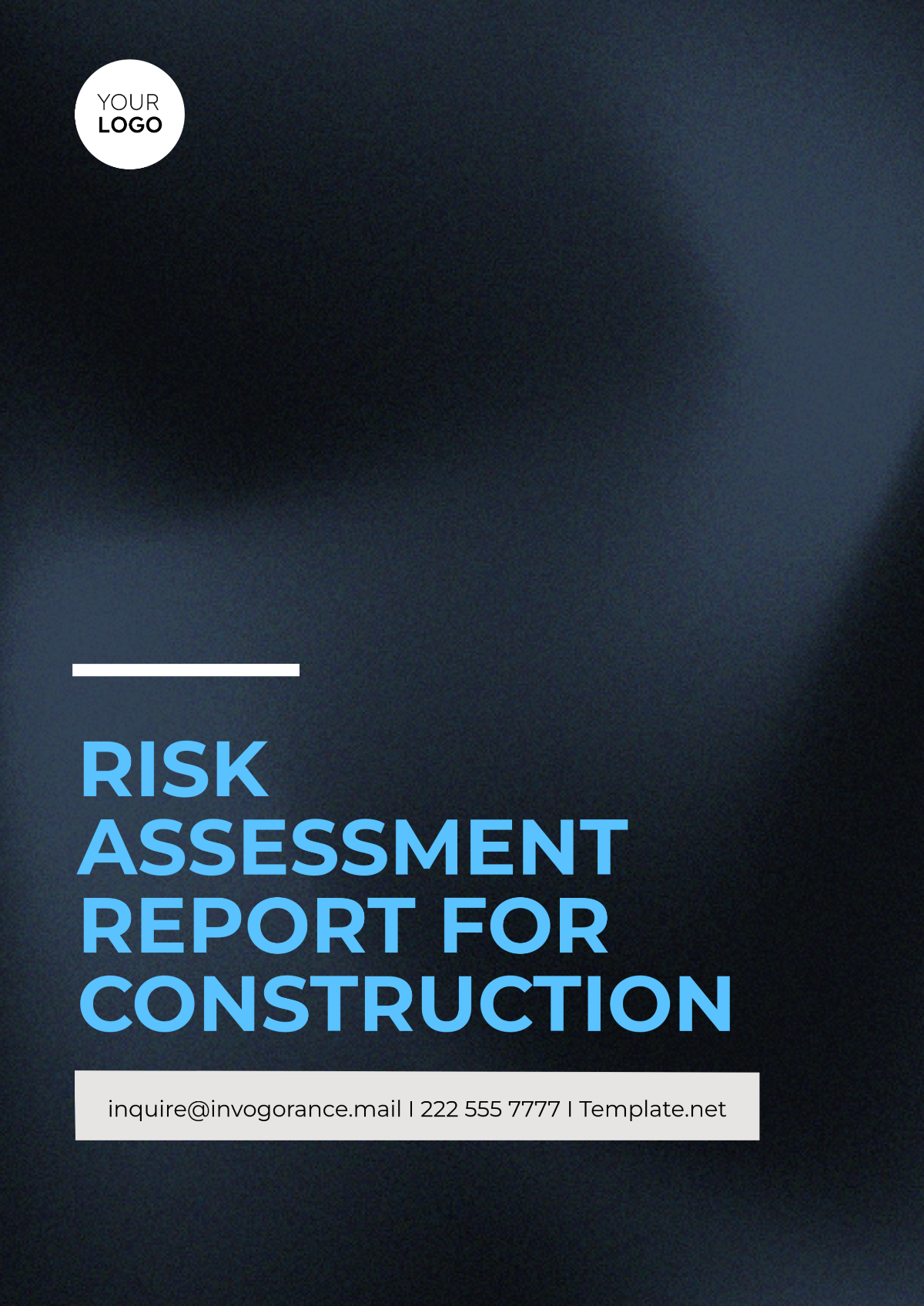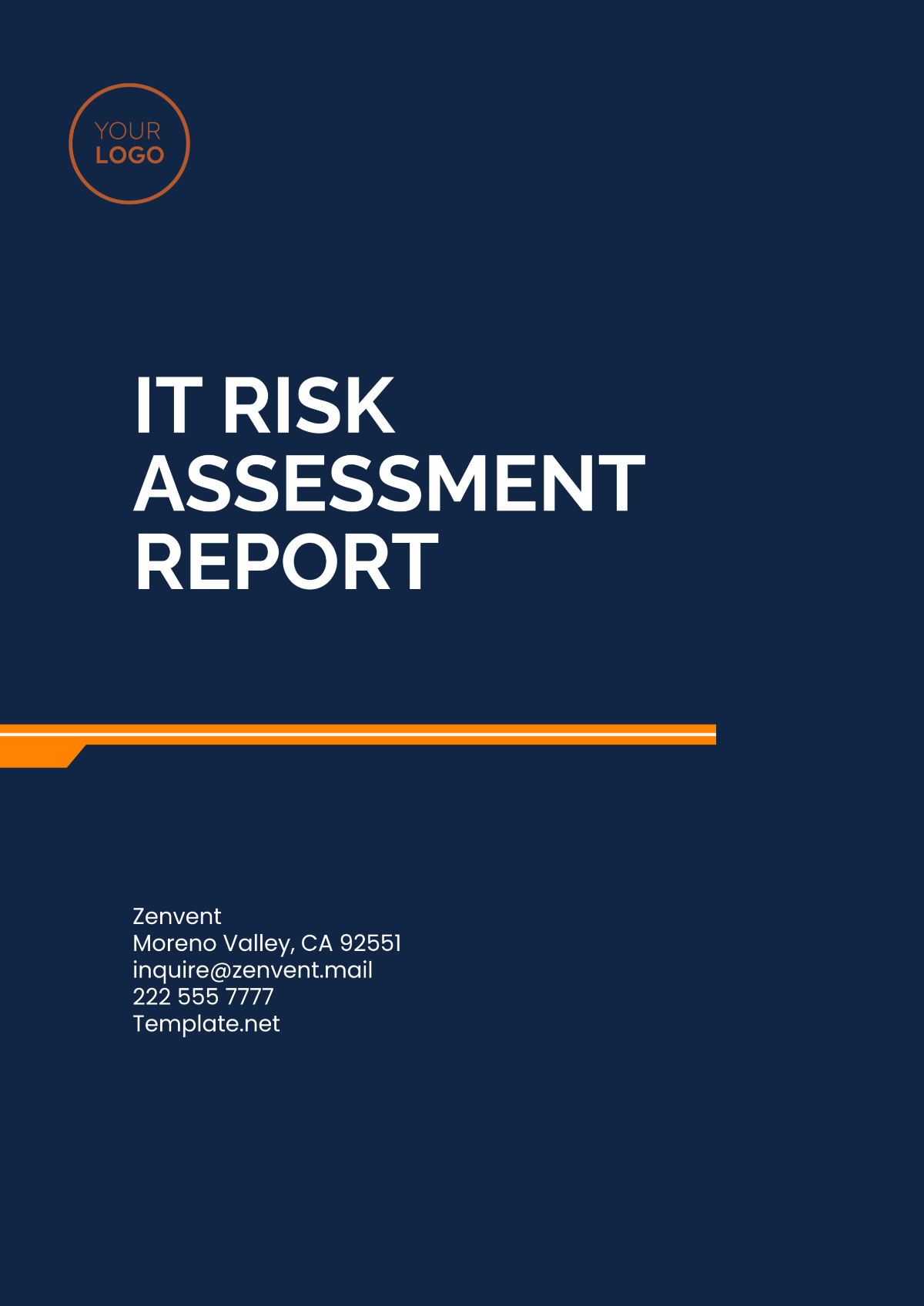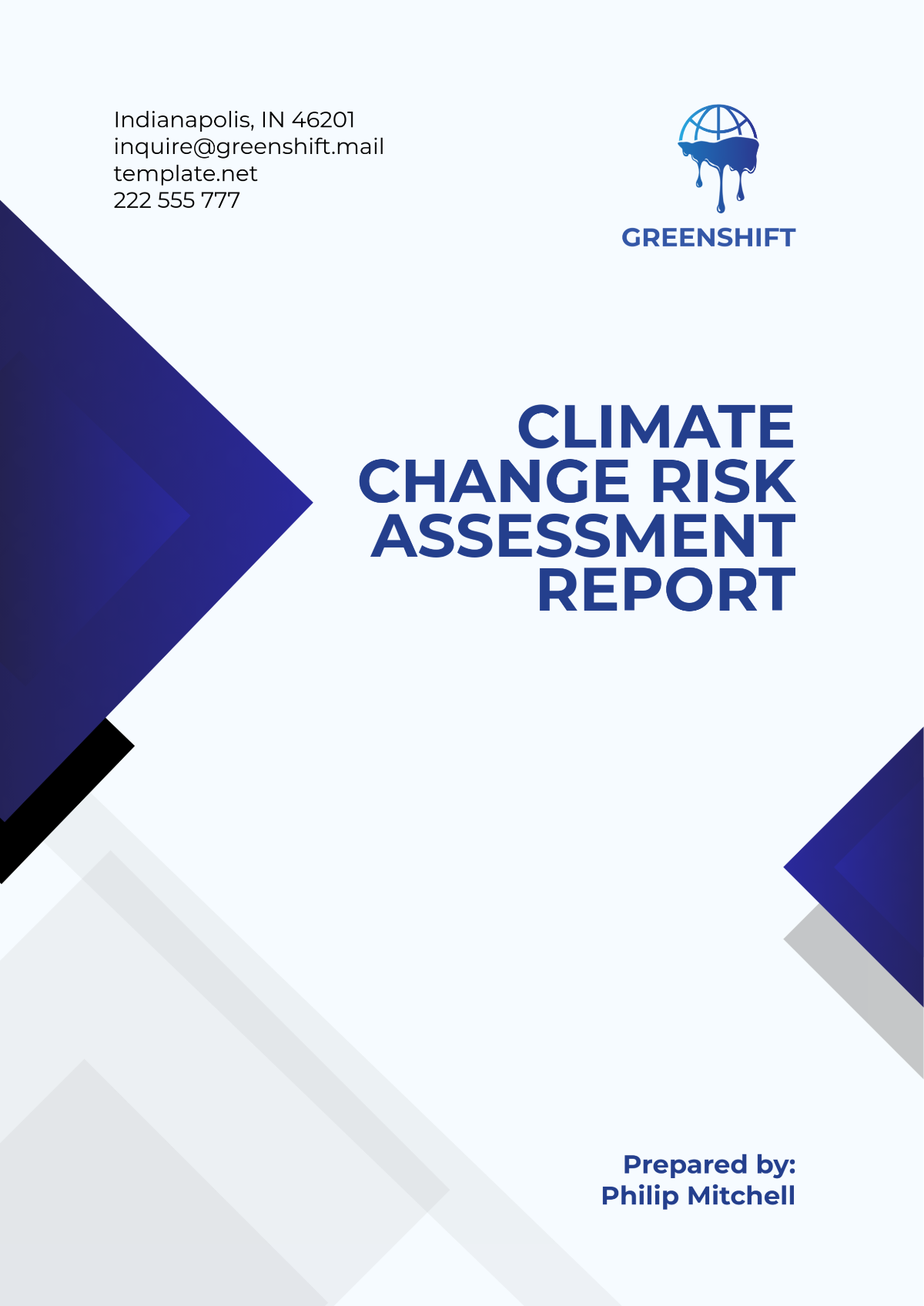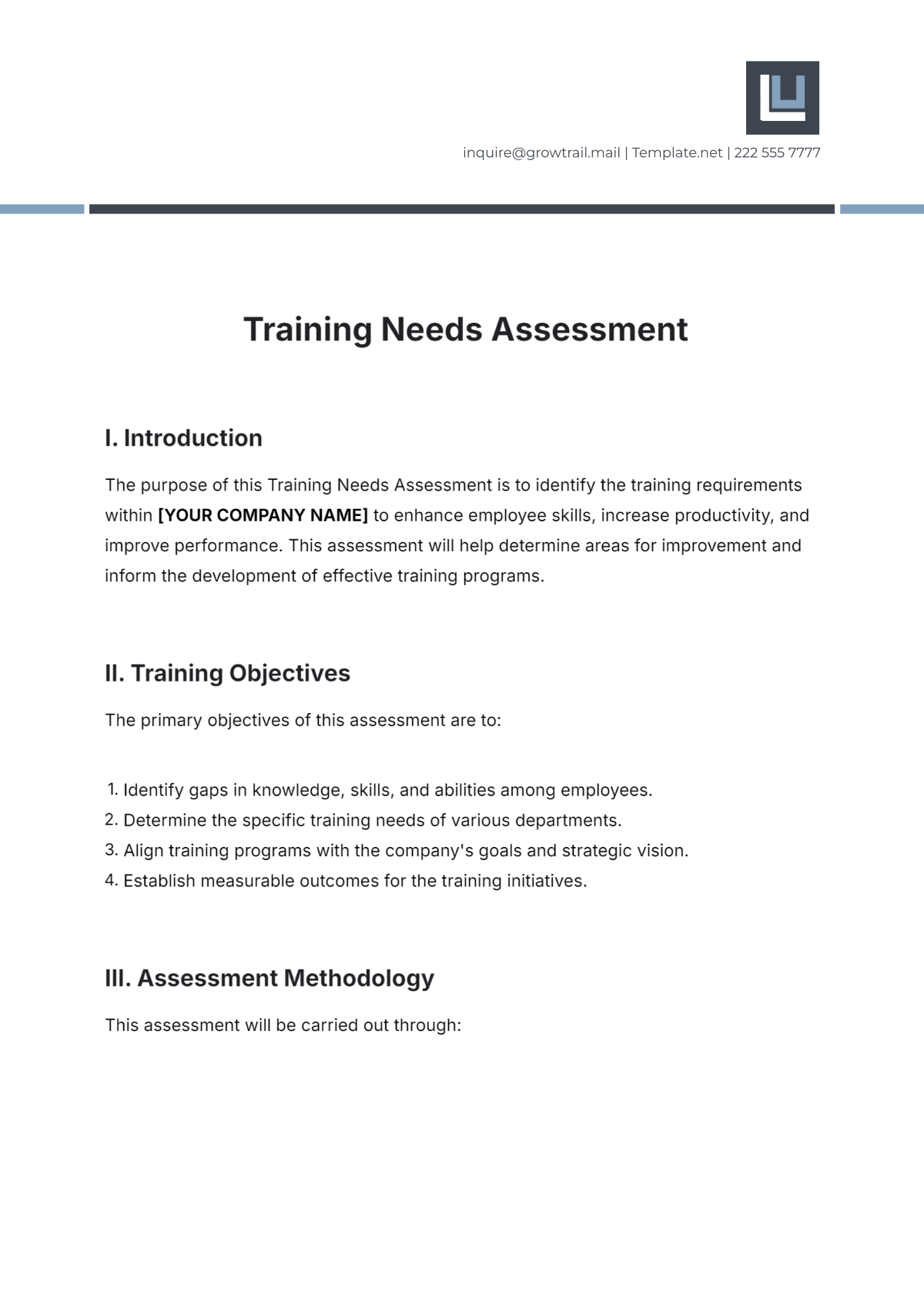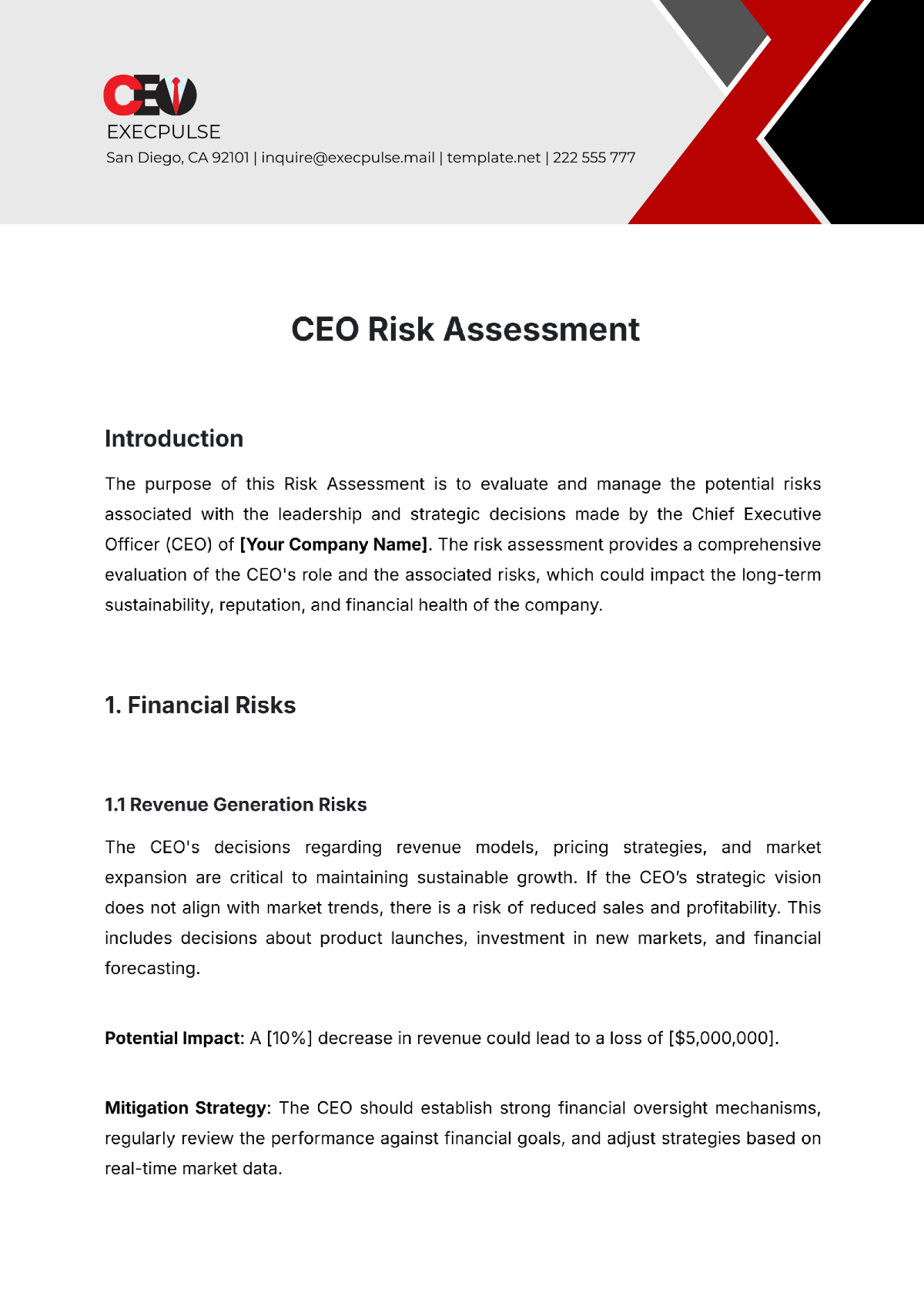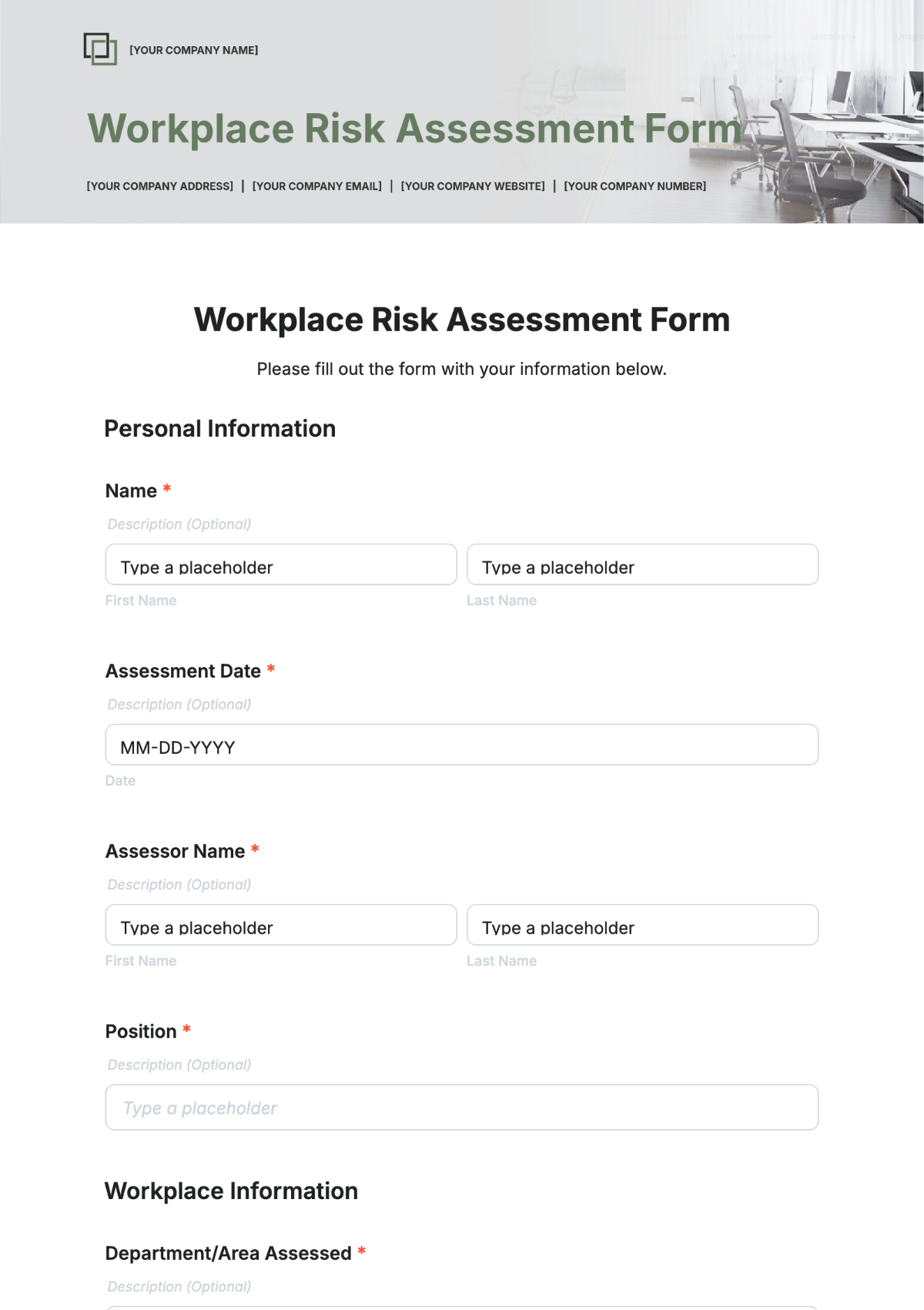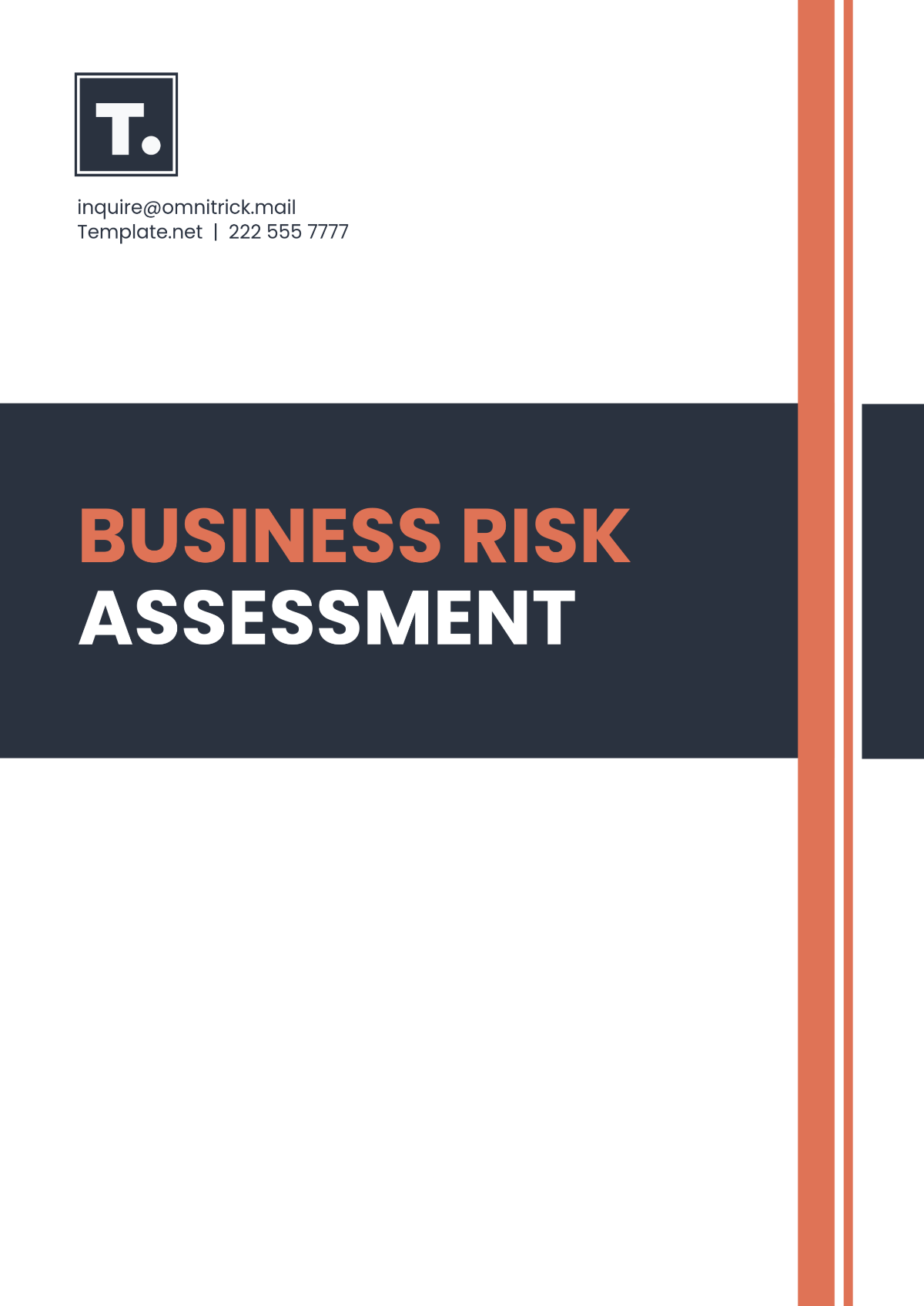Mixed-Methods Observational Study
Title: A Mixed-Methods Observational Study on Educational Outcomes
Date: [Date]
Introduction
Understanding how the classroom environment influences student educational outcomes is critical for enhancing teaching practices and improving student success. This mixed-methods observational study aims to investigate the relationship between various aspects of the classroom environment and student performance. By combining quantitative data, including standardized test scores and attendance records, with qualitative insights from interviews with students and teachers, the study seeks to provide a holistic view of how classroom conditions impact educational achievements. This approach allows for a nuanced understanding of the interactions between physical, social, and pedagogical elements within the classroom setting.
Research Questions
Impact on Academic Performance: To what extent does the classroom environment affect student academic performance, as indicated by standardized test scores and overall grades?
Perceptions of Learning Environment: How do students and teachers perceive the role of the classroom environment in facilitating or impeding learning?
Common Themes from Interviews: What recurring themes and patterns emerge from interviews with students and teachers regarding their experiences and perspectives on the classroom environment and its effect on educational outcomes?
Methodology
Study Design
This research employs a convergent parallel mixed-methods design. This approach allows for the simultaneous collection and analysis of both quantitative and qualitative data, providing a comprehensive view of the research questions. The quantitative data will be used to identify measurable correlations, while qualitative data will offer deeper insights into personal experiences and perceptions.
Participants
Students: A sample of 100 students from grades 6 to 8 will be selected, ensuring a diverse representation in terms of academic performance, socioeconomic background, and gender.
Teachers: 10 teachers from the same educational institution will be included, representing various subject areas and teaching styles.
Data Collection
Quantitative Data
Standardized Test Scores: These will be used to assess student academic performance. Scores will be collected from recent standardized tests administered by the educational institution to evaluate students' achievement levels.
Attendance Records: These records will track student engagement and participation, providing insights into how classroom environment factors may influence attendance patterns.
Qualitative Data
Semi-Structured Interviews: Conducted with both students and teachers to gather in-depth perceptions and experiences regarding the classroom environment. The interviews will be designed to explore aspects such as classroom layout, resources, teacher-student interactions, and the overall learning atmosphere.
Data Analysis
Quantitative Analysis: Data will be analyzed using statistical software such as SPSS. Techniques will include descriptive statistics (mean, median, mode), inferential statistics (t-tests, ANOVA), and correlation analysis to examine relationships between classroom environment factors and academic performance.
Qualitative Analysis: Thematic analysis will be used to analyze interview transcripts. This involves coding responses, identifying recurring themes and patterns, and synthesizing findings to provide a detailed understanding of how classroom environments are perceived and experienced by participants.
Results
Numerical Results: Statistical findings will be presented in detailed tables, charts, and graphs. These will illustrate key relationships between classroom environment factors (e.g., seating arrangements, classroom temperature, availability of resources) and student academic performance metrics (e.g., test scores, grades).
Narrative Results: Qualitative findings will be presented through thematic summaries, including direct quotes from interviews. These narratives will highlight key themes and insights related to the classroom environment and its perceived impact on learning.
Discussion
Interpretation of Findings: The discussion will integrate quantitative and qualitative findings, comparing results with existing literature on educational environments. It will explore how the identified factors align with or diverge from previous research, offering explanations for any discrepancies.
Study Limitations: Limitations such as sample size, potential response biases, and limitations of data collection tools will be discussed. The impact of these limitations on the study’s findings and conclusions will be addressed.
Future Research Directions: Based on the study’s findings, recommendations for future research will be proposed. This may include longitudinal studies to assess the long-term effects of classroom environment changes, or investigations into specific elements of the environment that were identified as significant in this study.
Conclusion
This study aims to advance the understanding of how different aspects of the classroom environment affect student educational outcomes. By providing both quantitative and qualitative insights, the research will offer practical recommendations for educators to enhance classroom conditions, improve teaching strategies, and ultimately boost student performance and engagement.
References
APA format example: Author, A. A., Author, B. B., & Author, C. C. (Year). Title of the paper. Journal Title, Volume(Issue), page numbers. DOI
